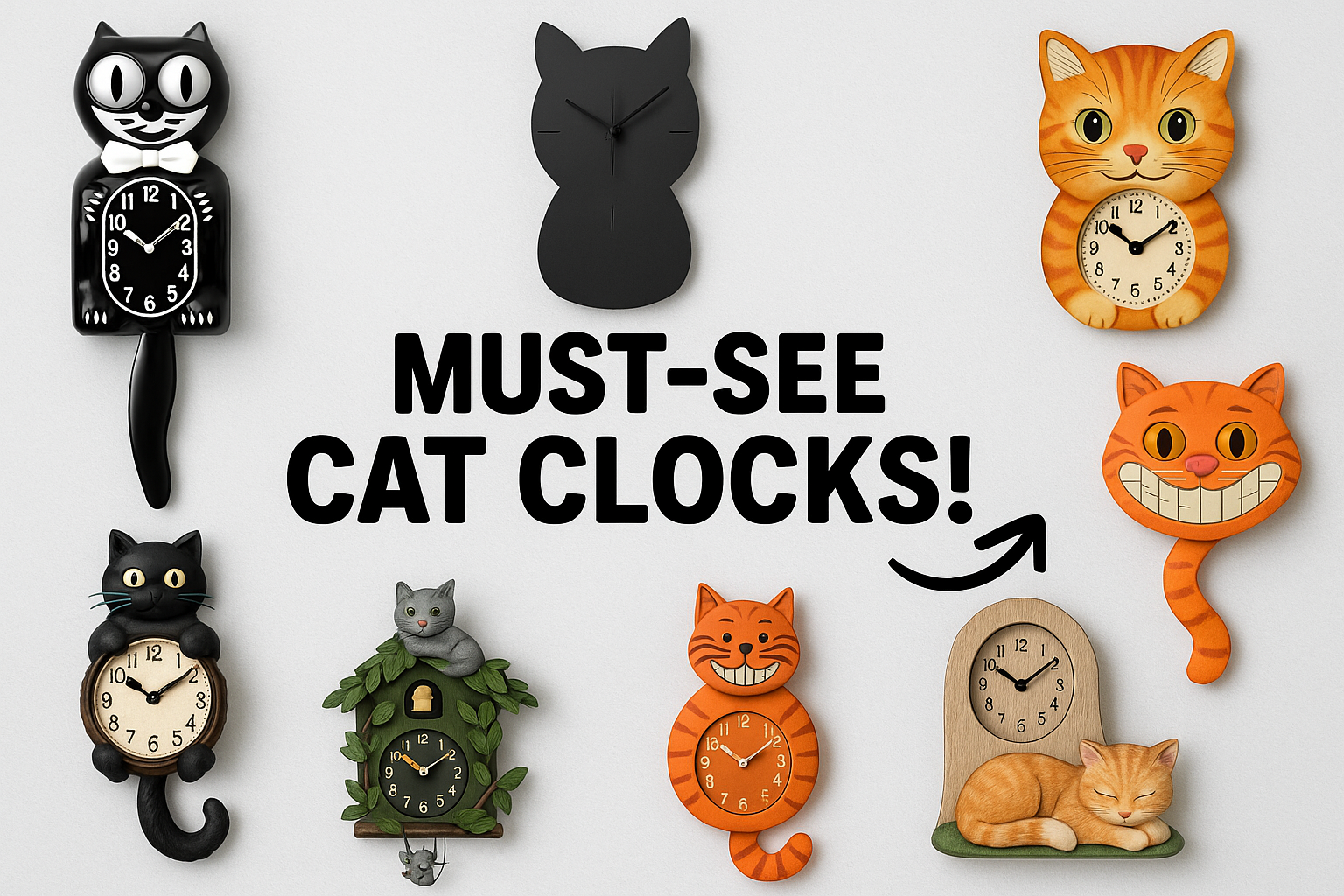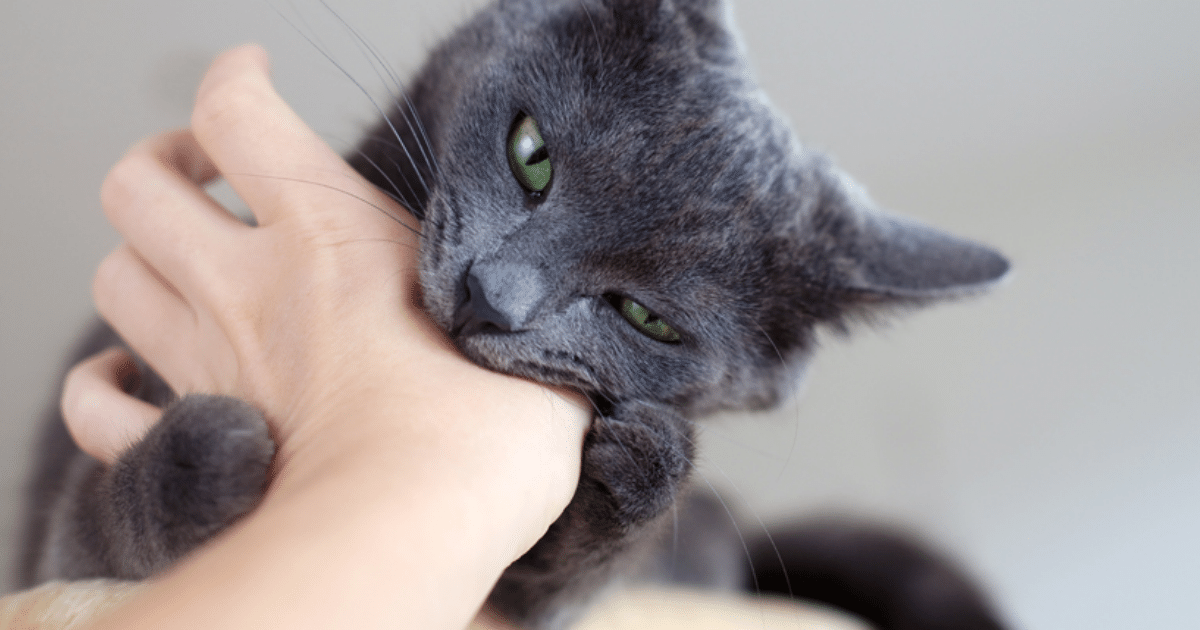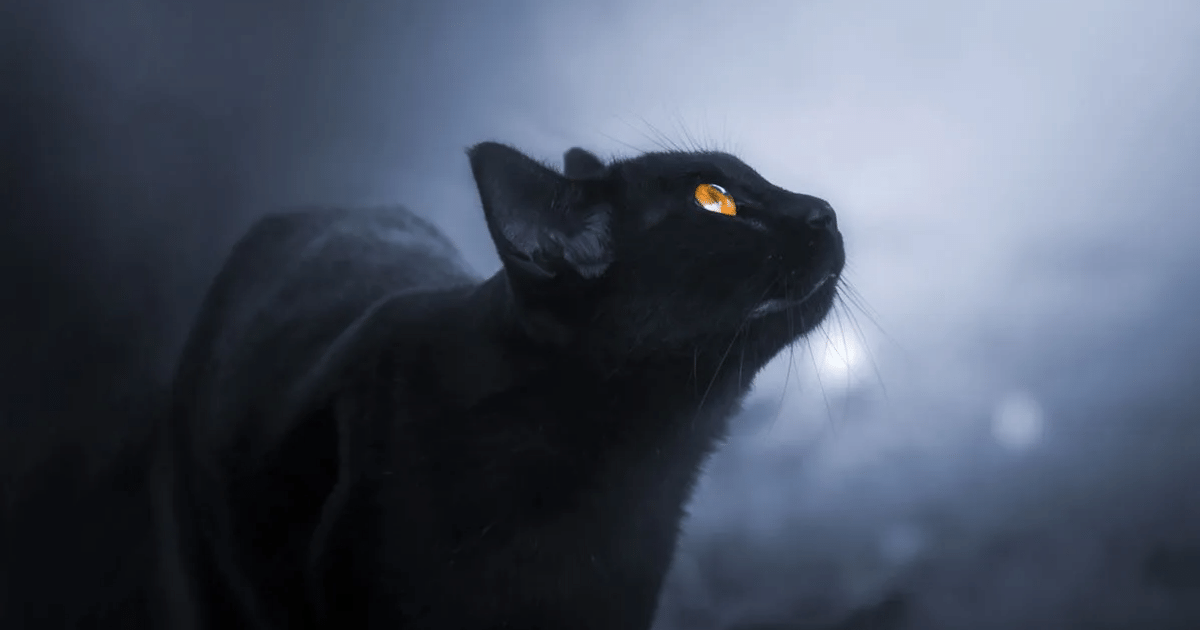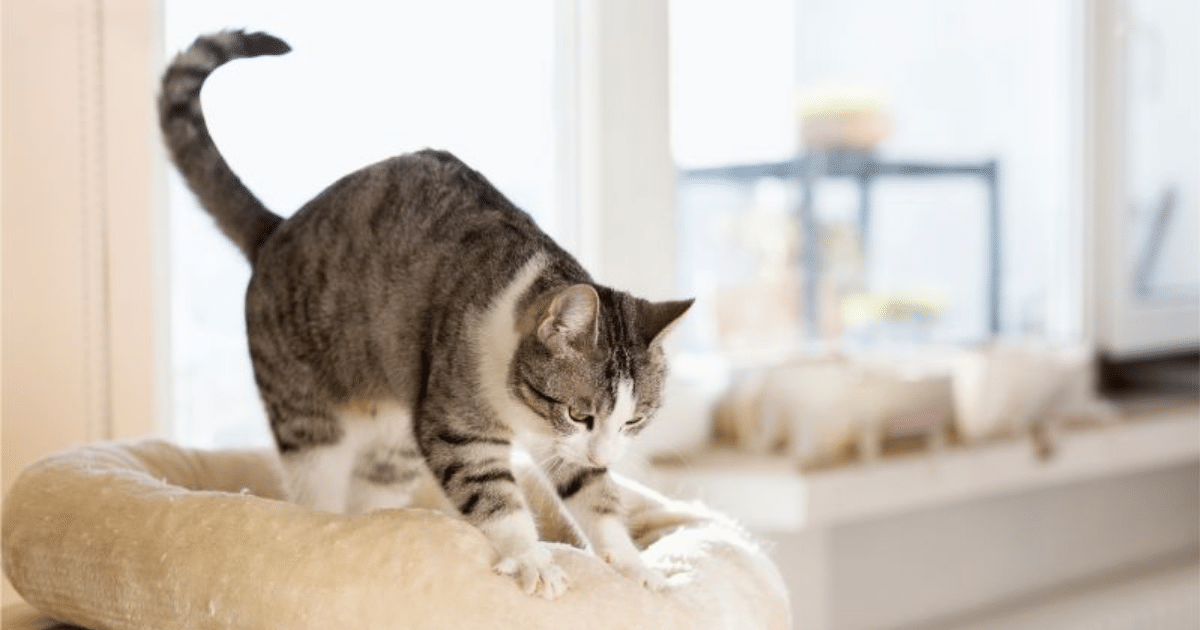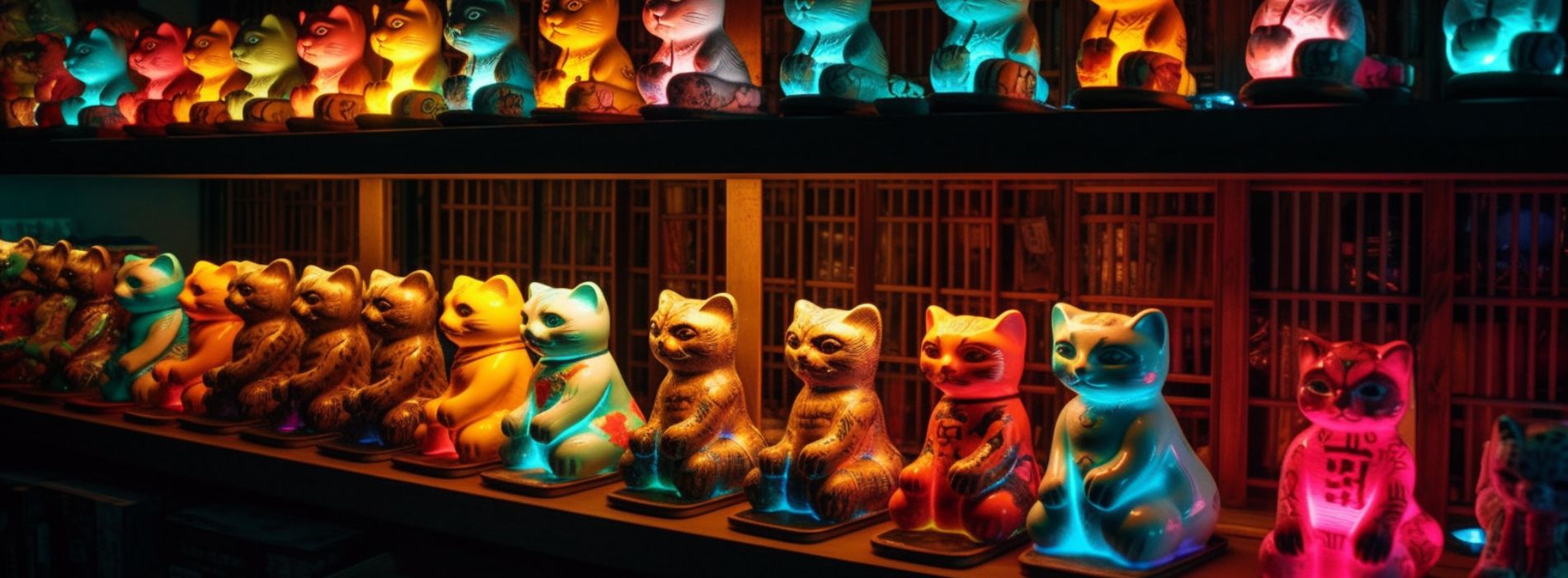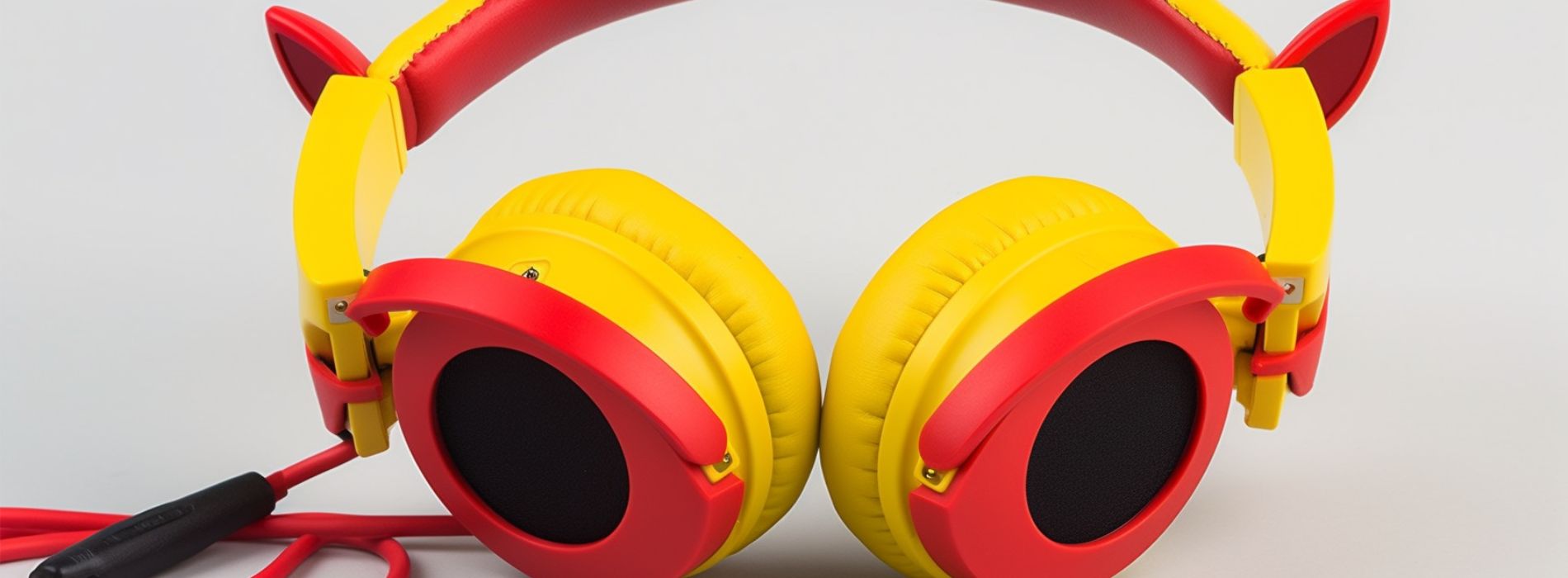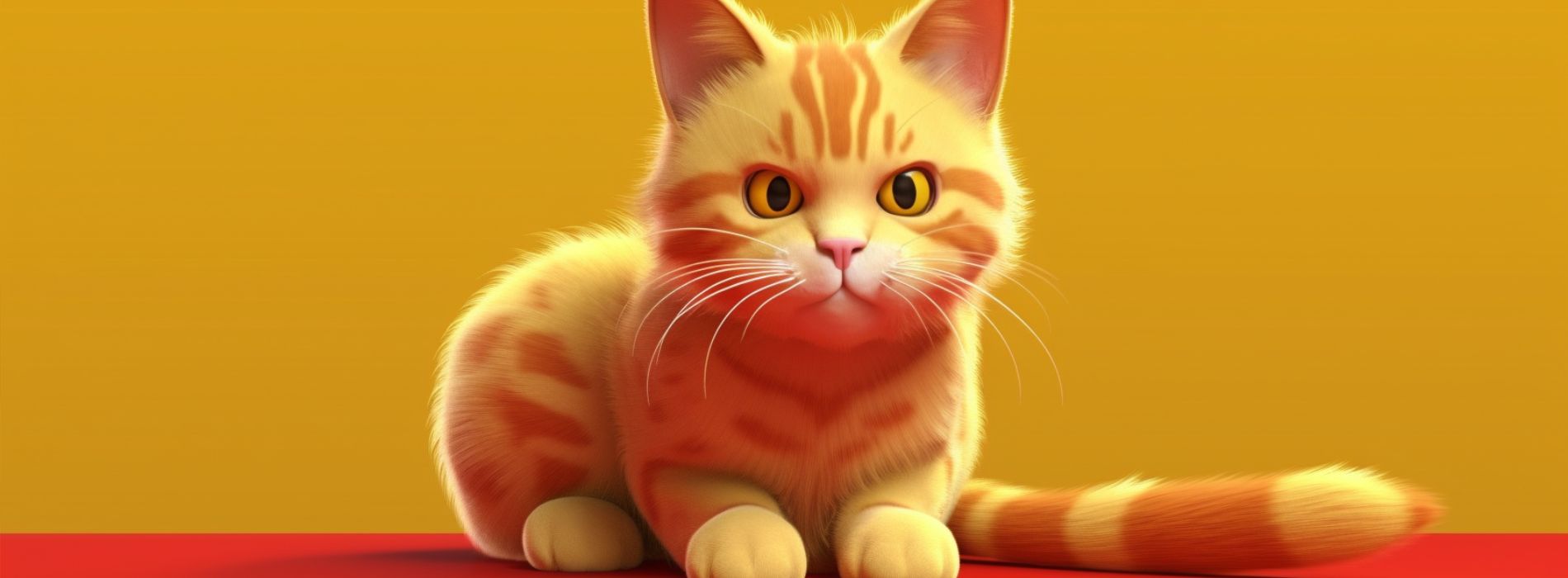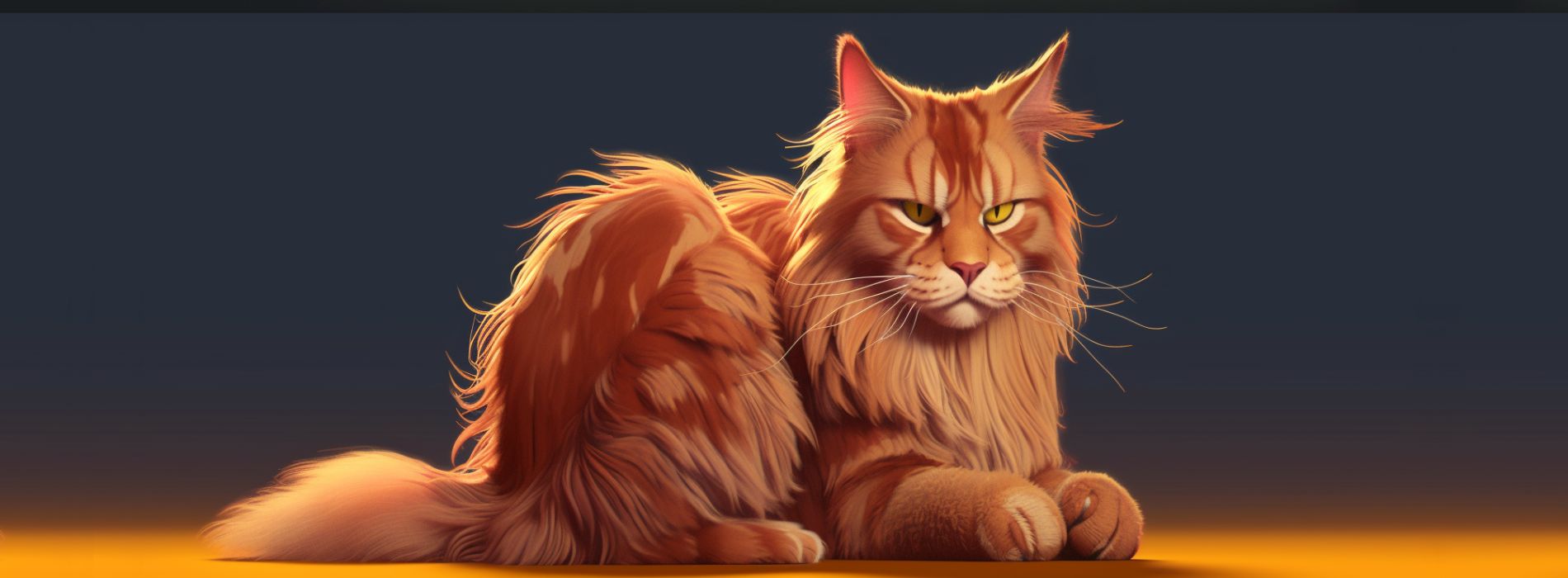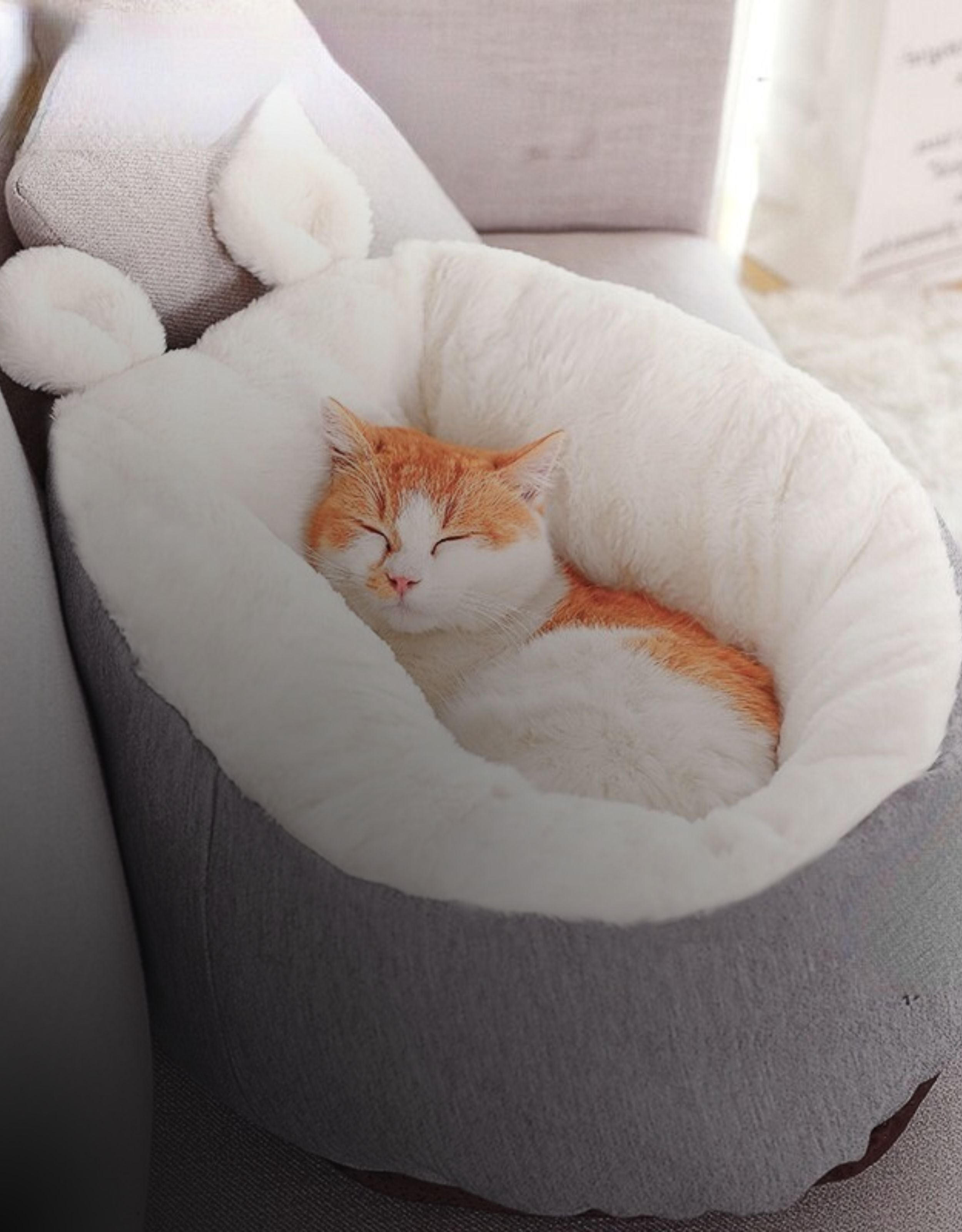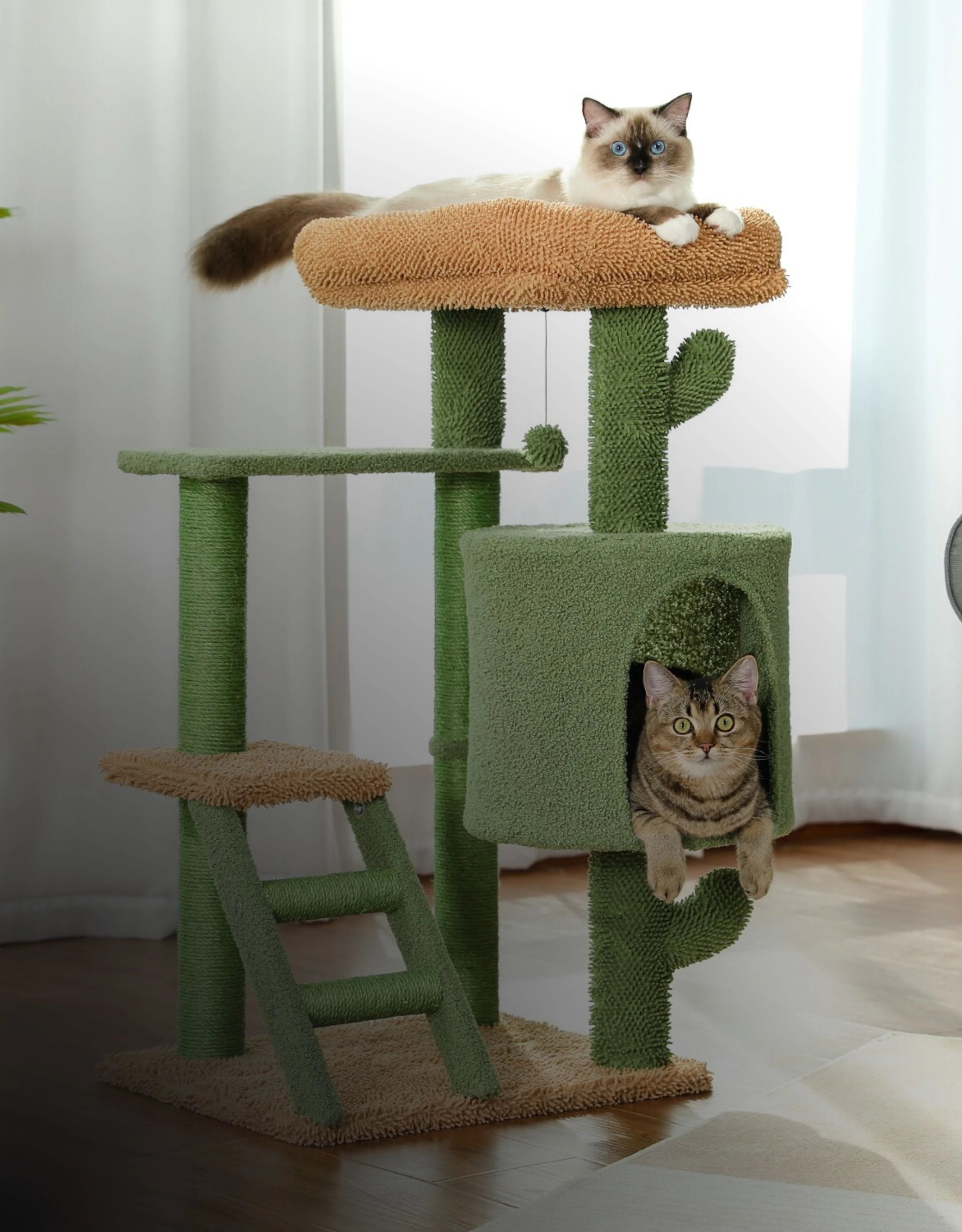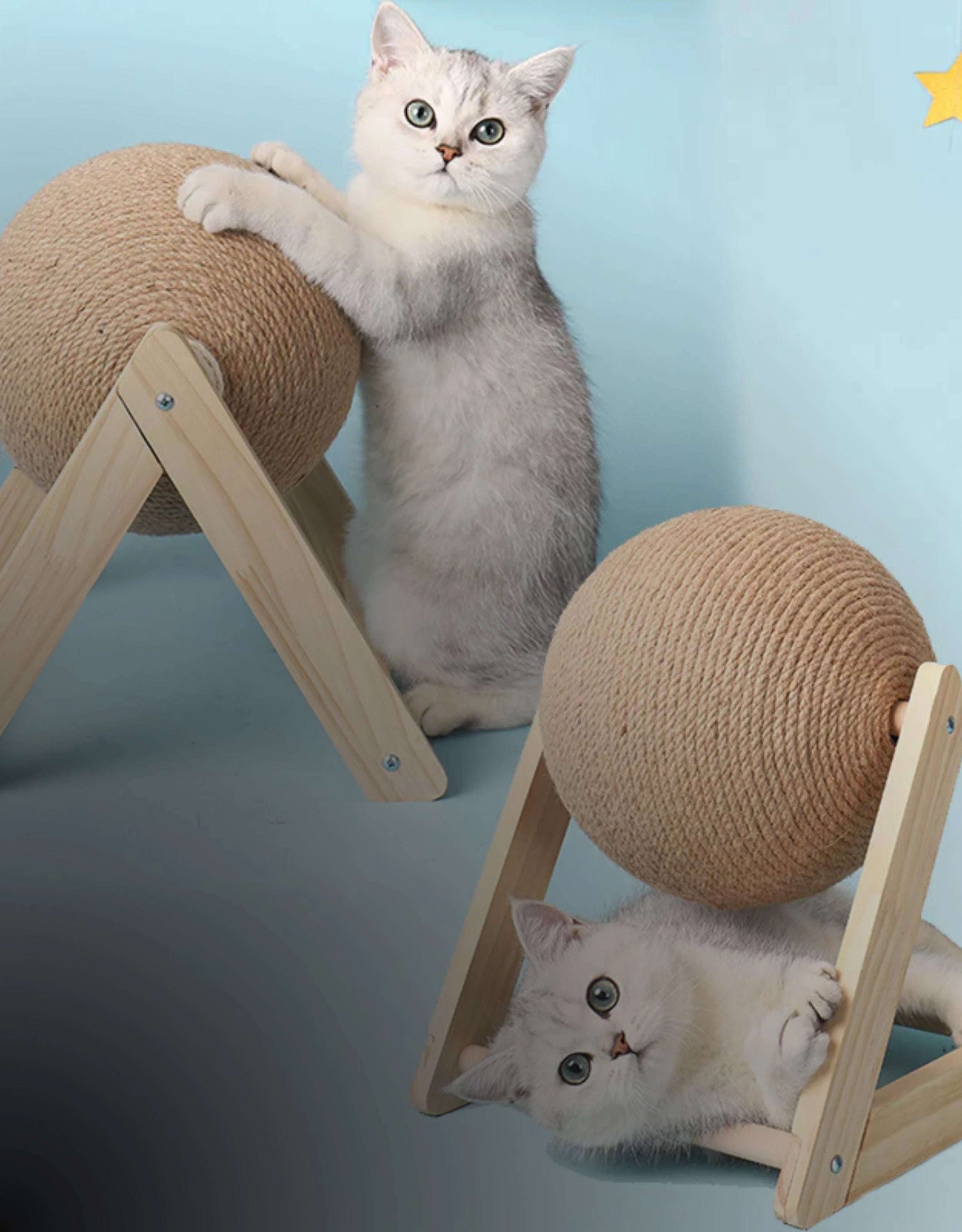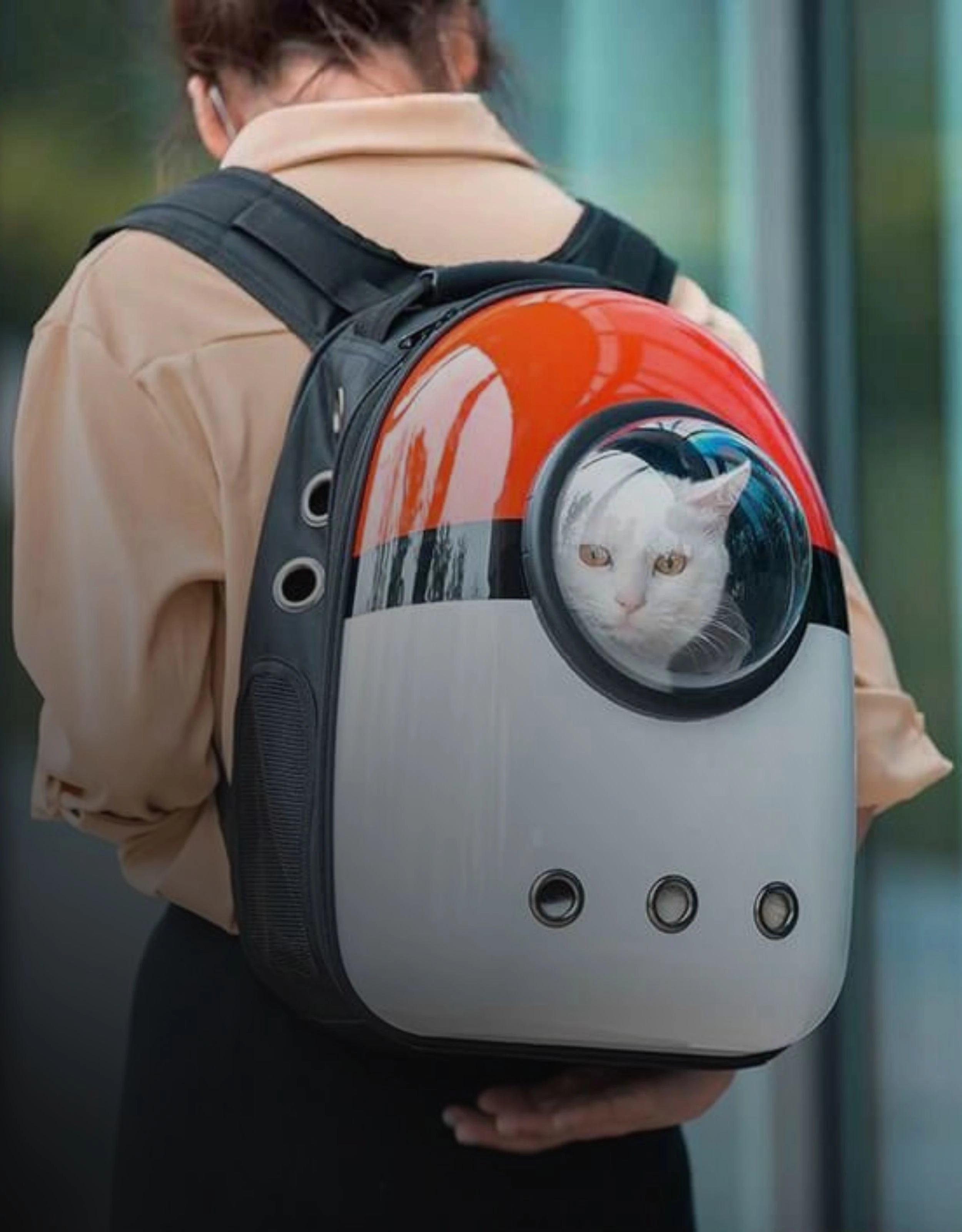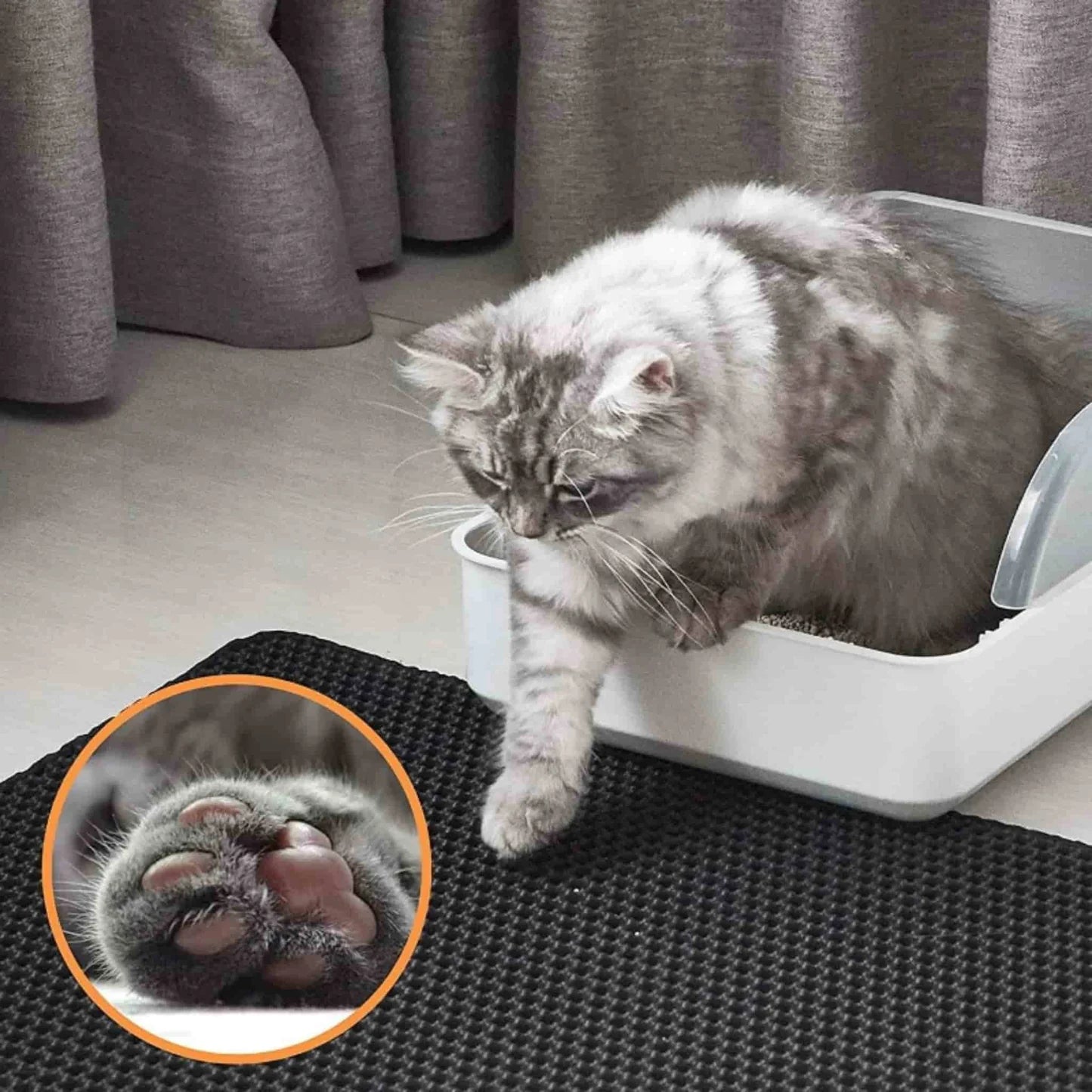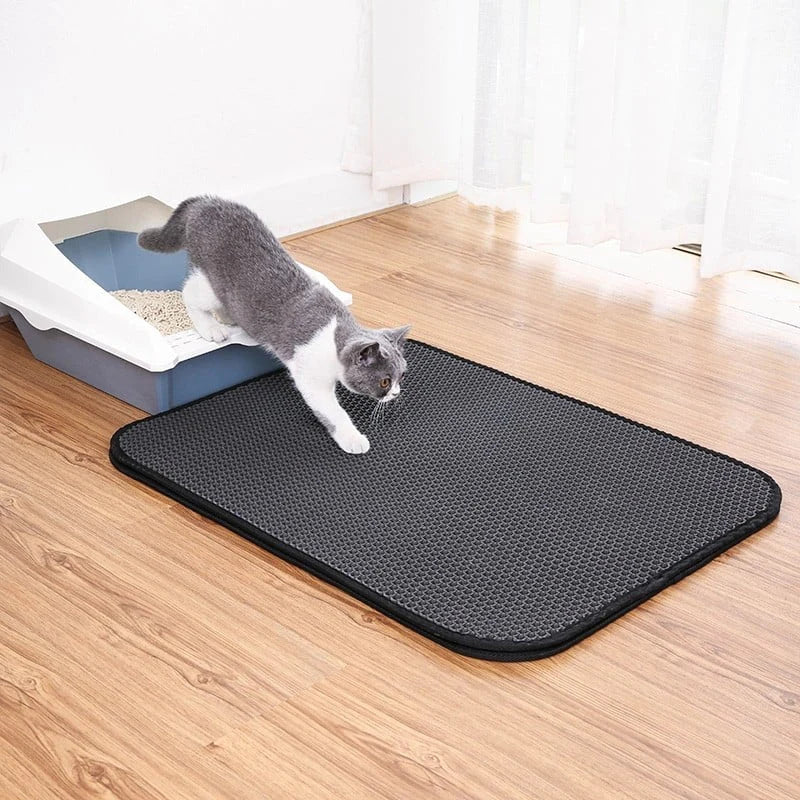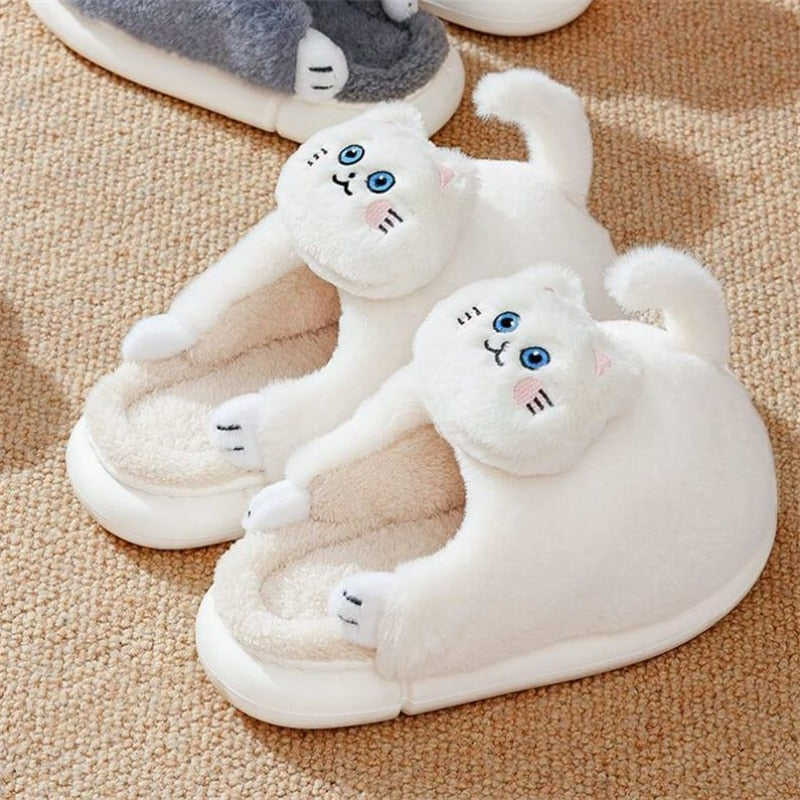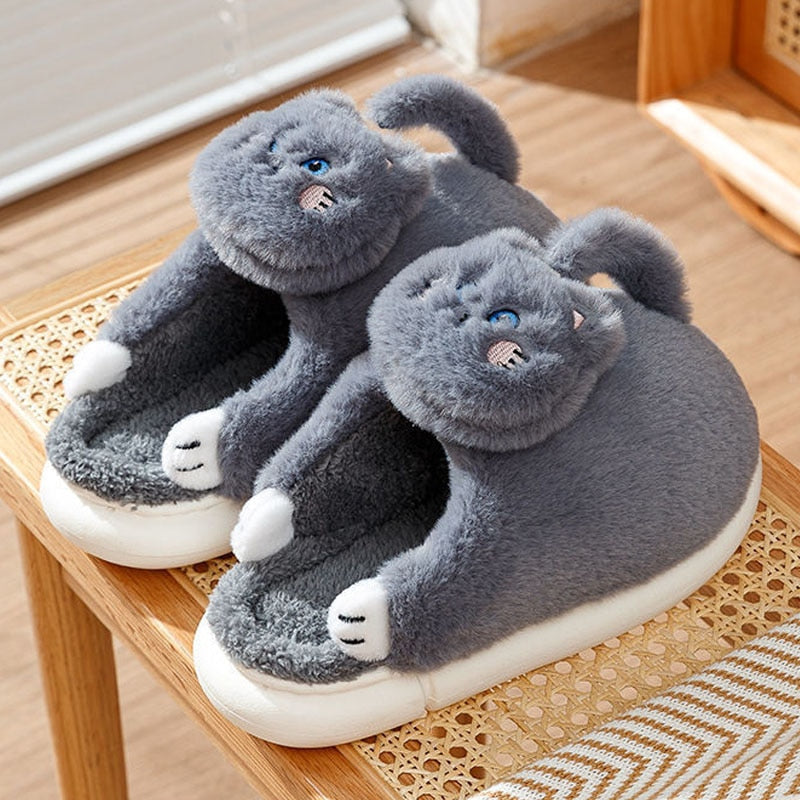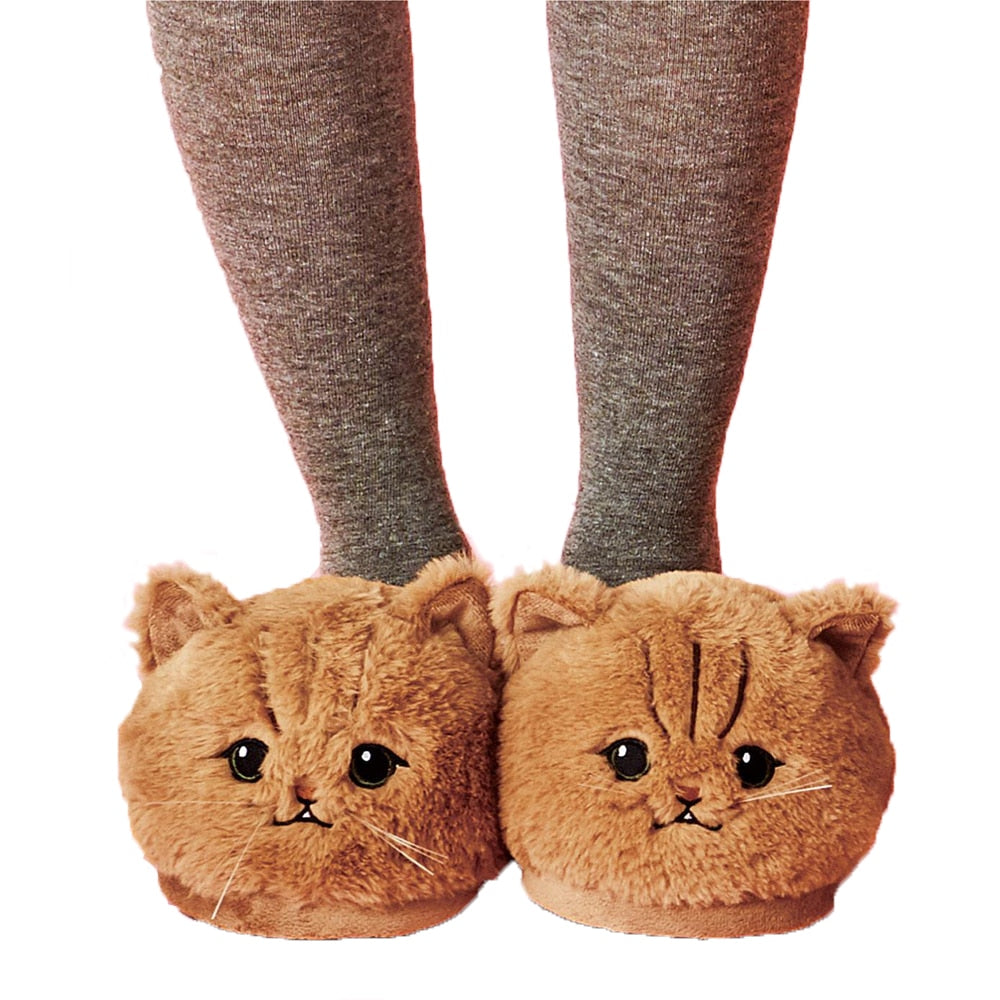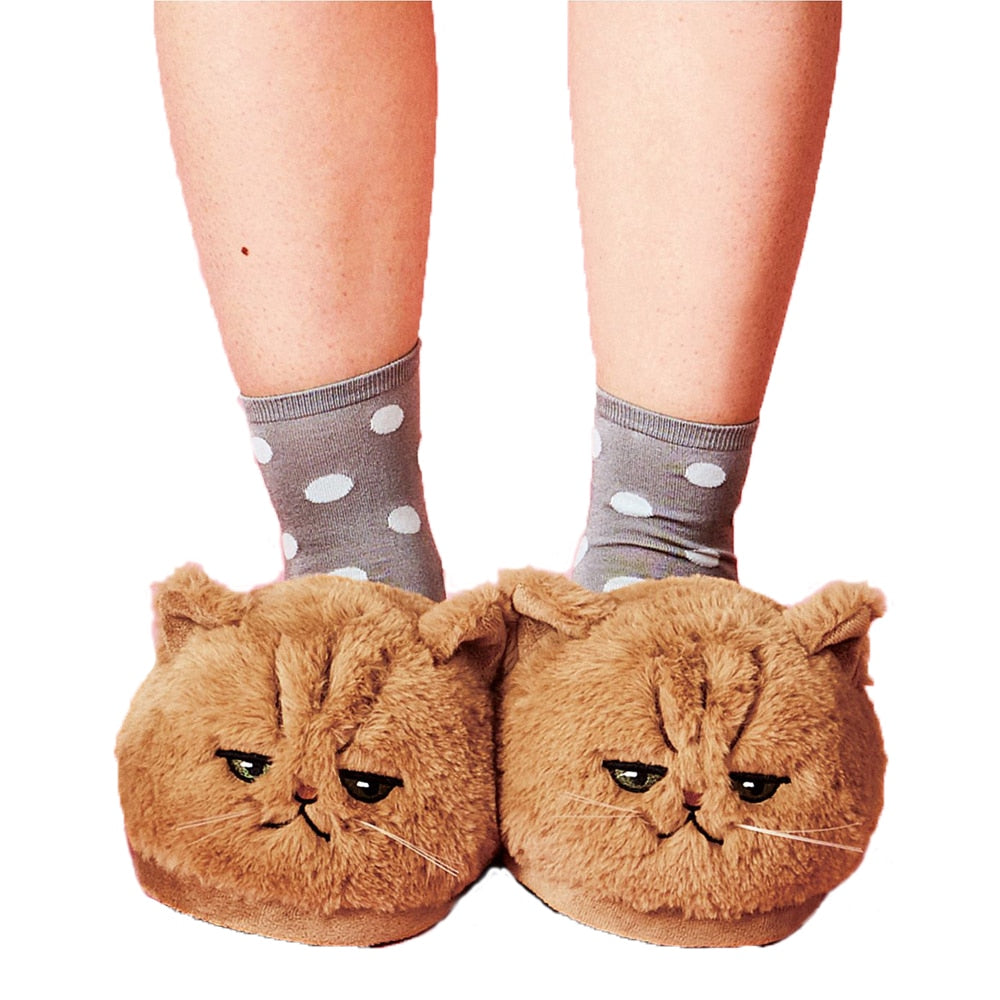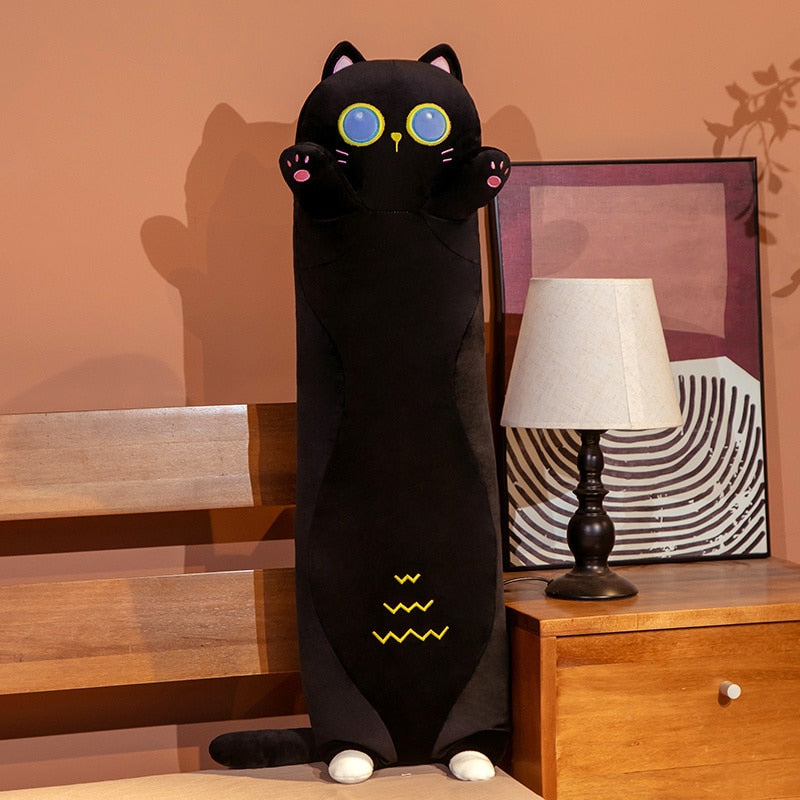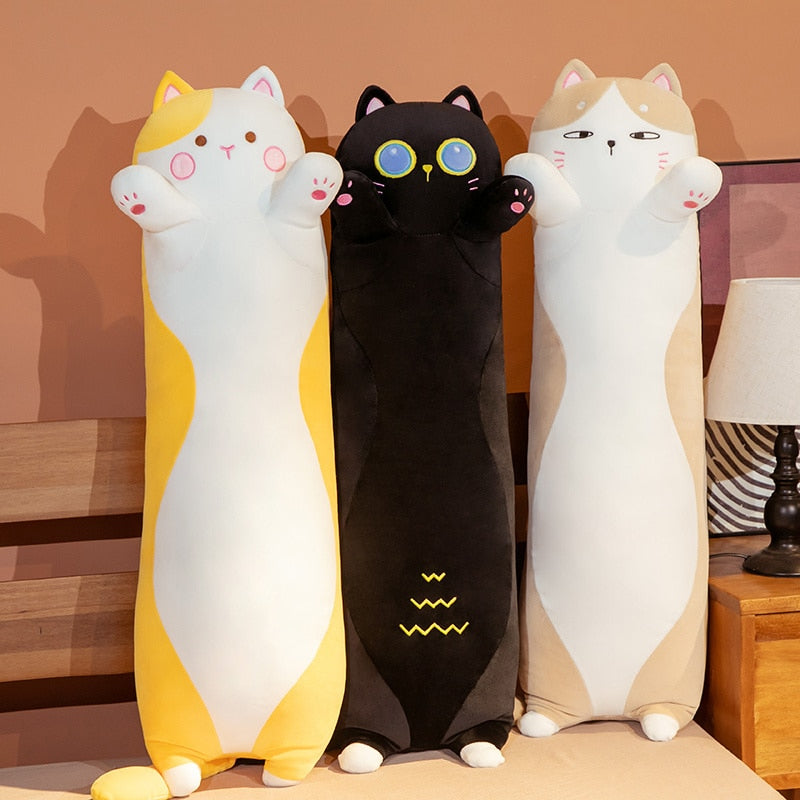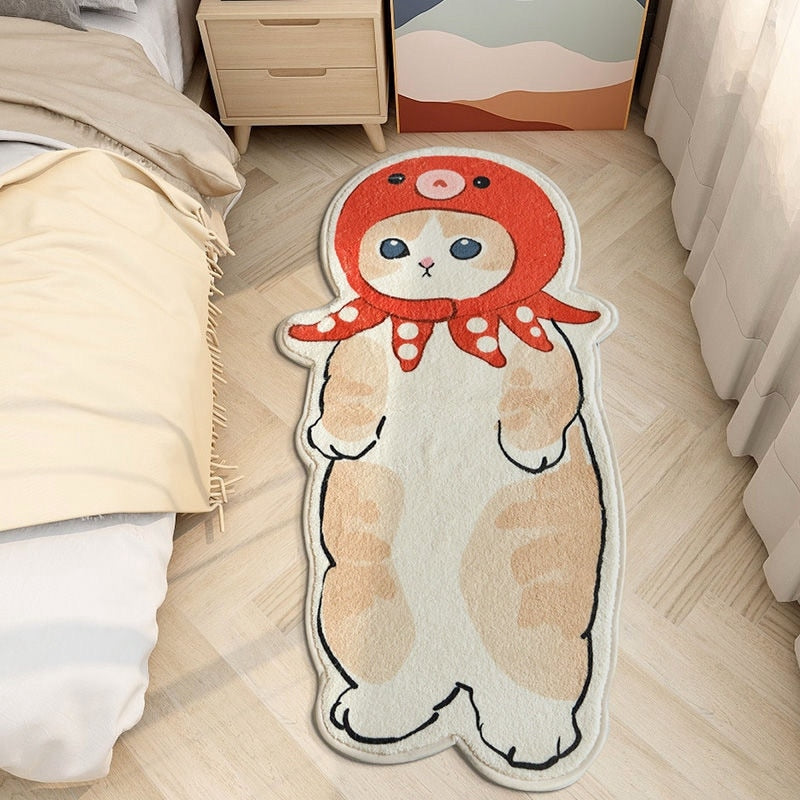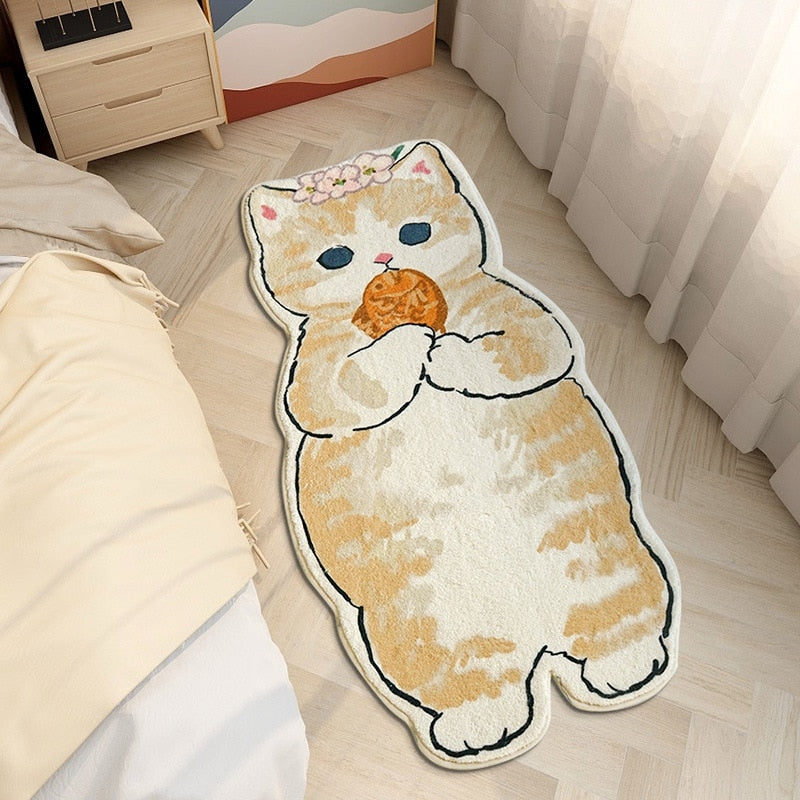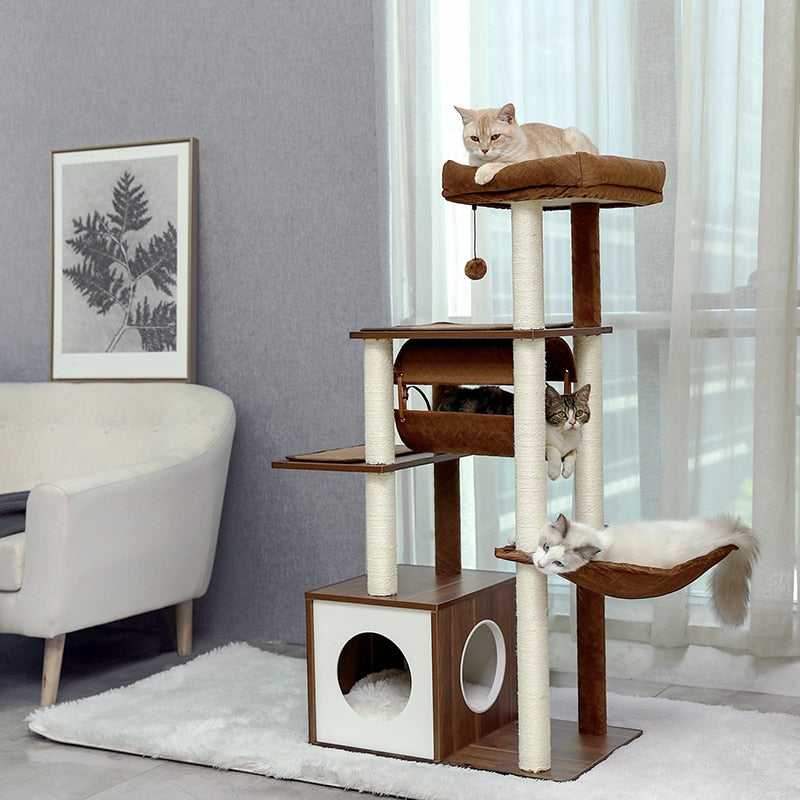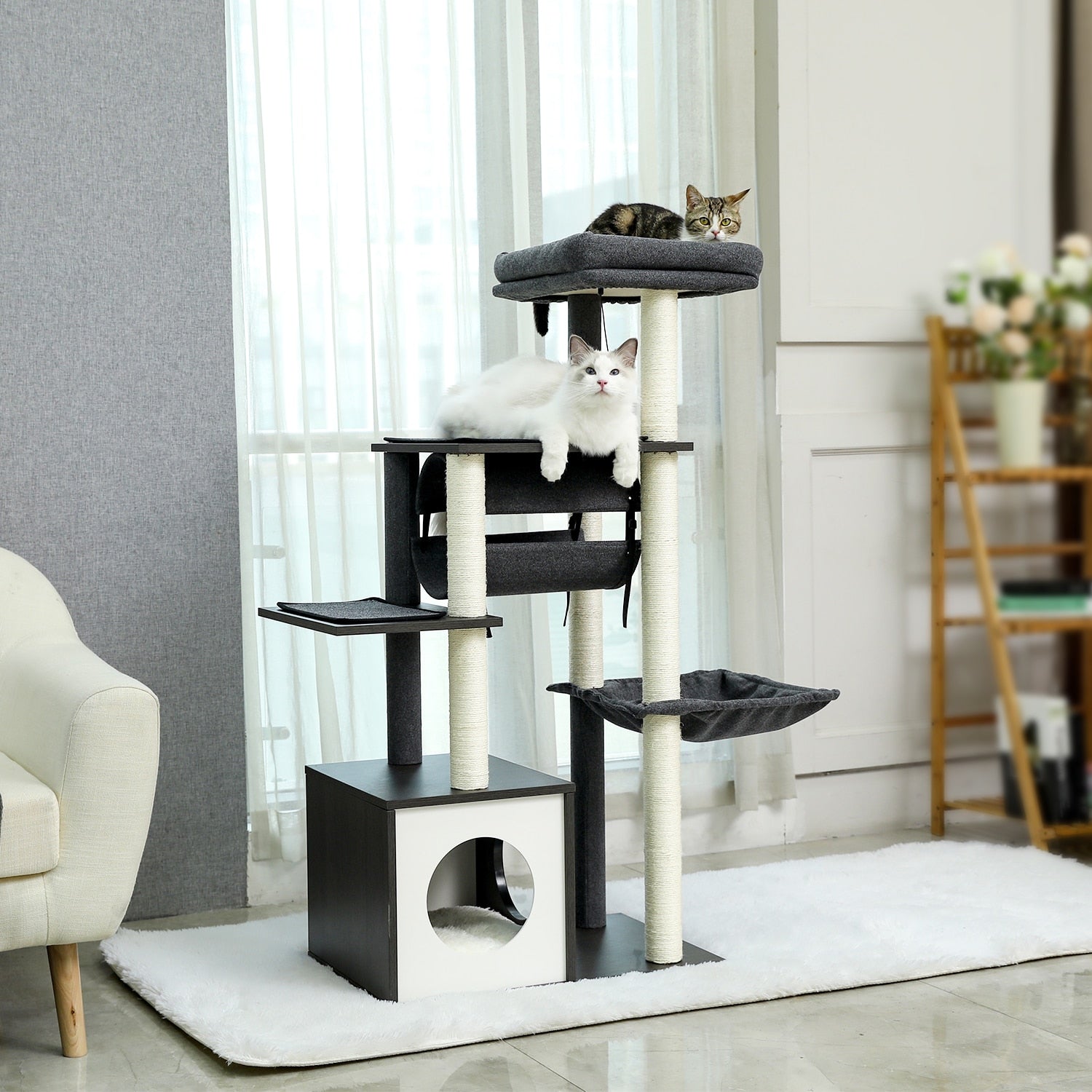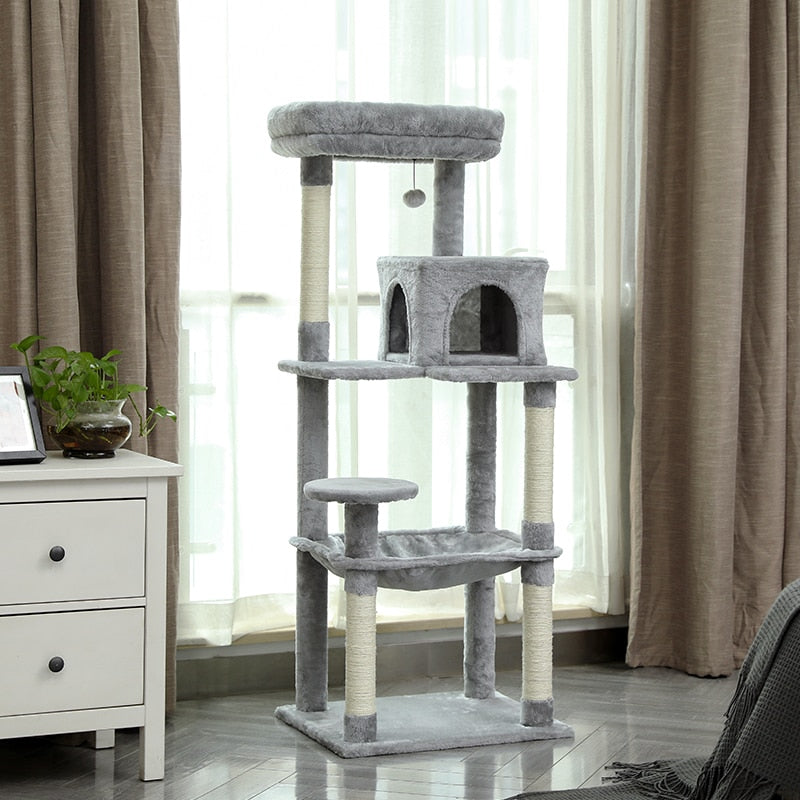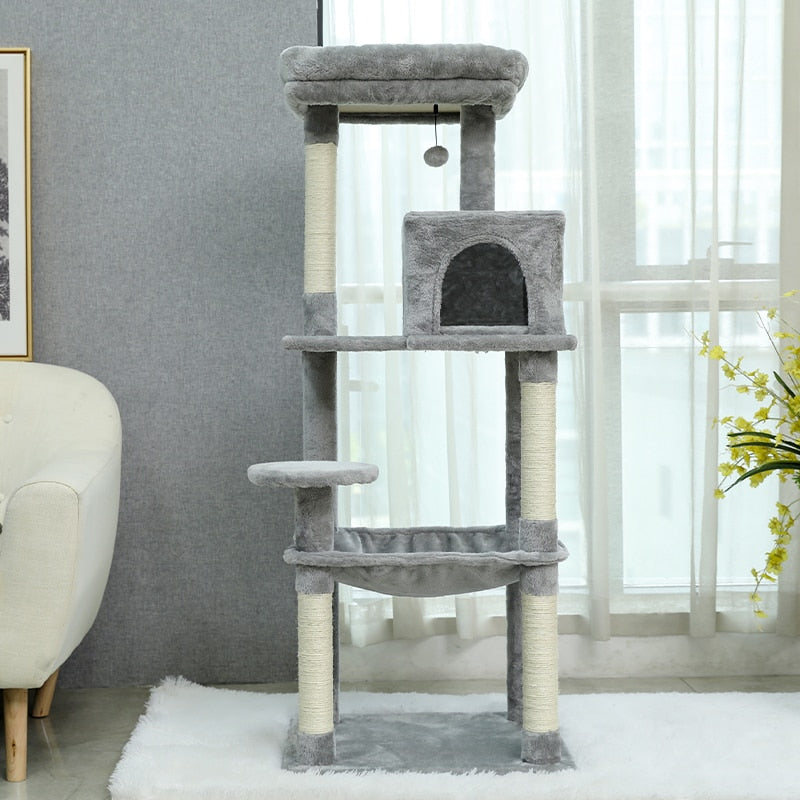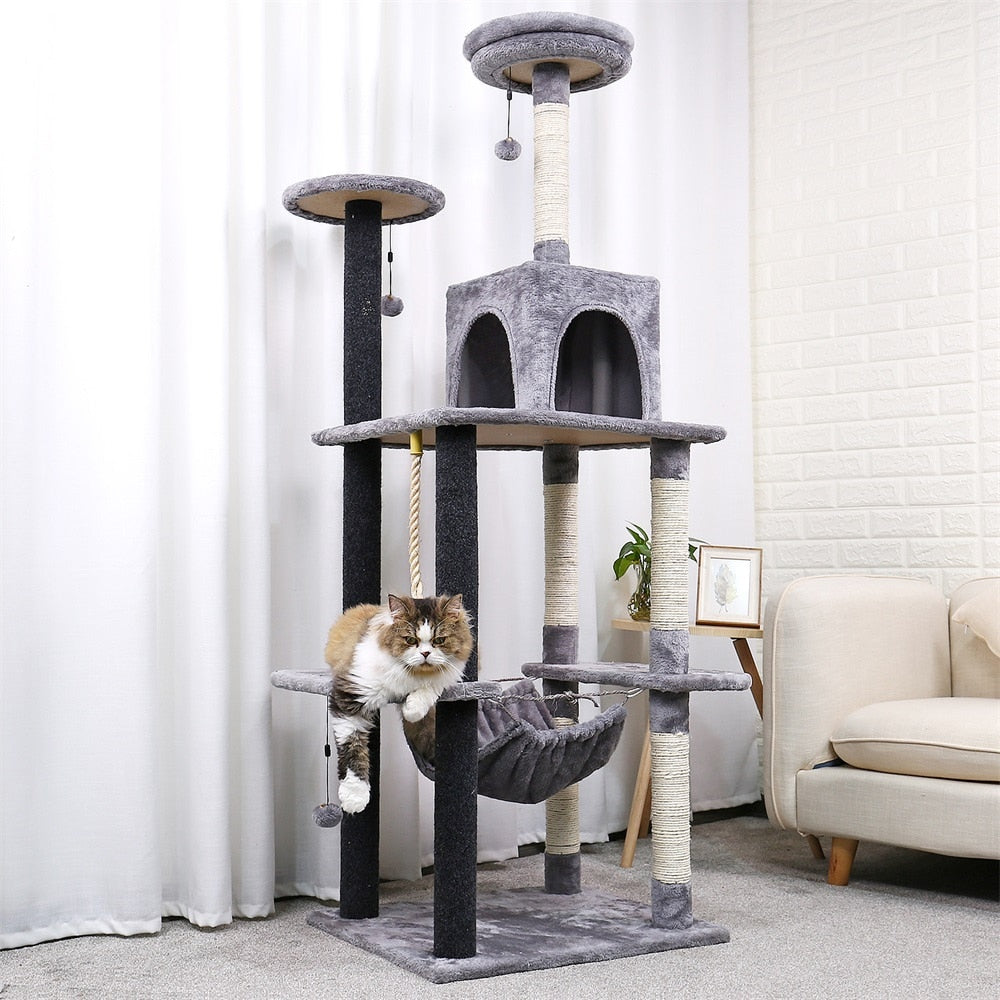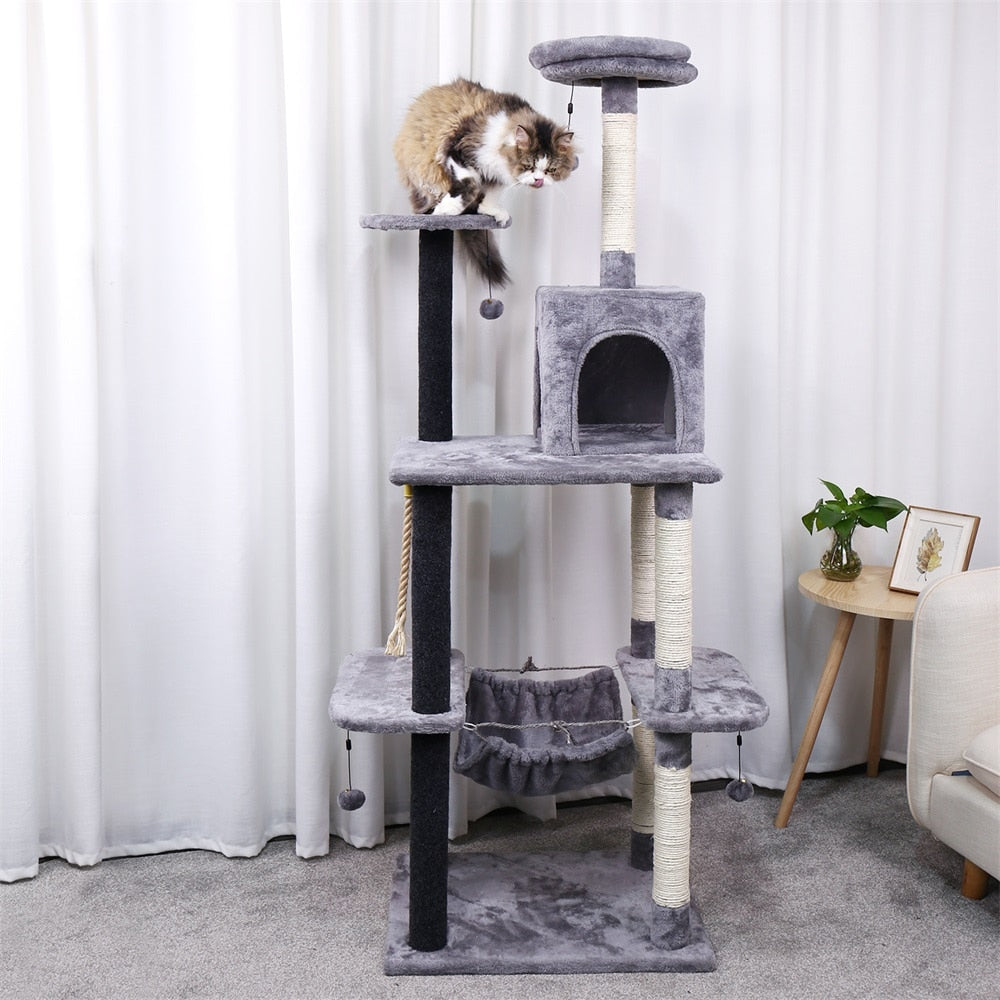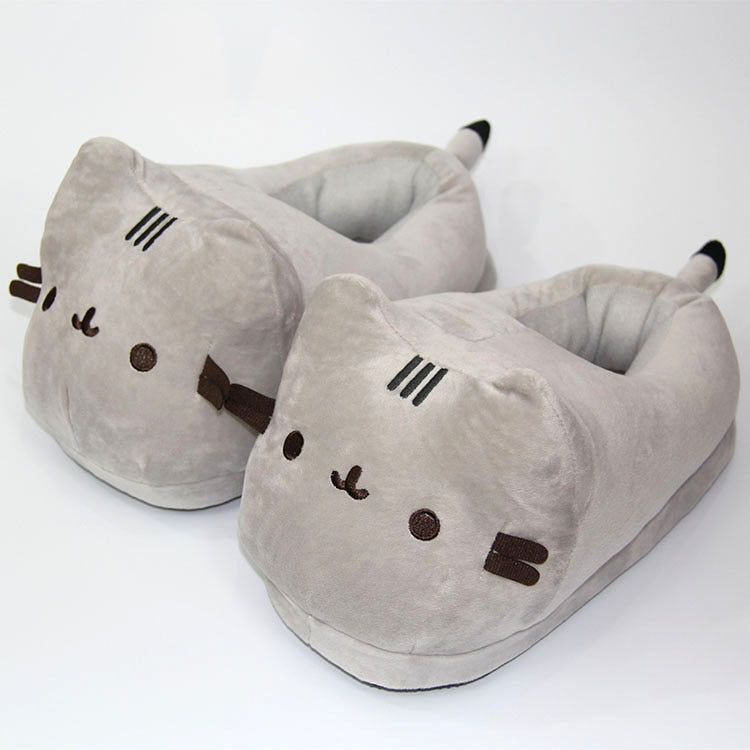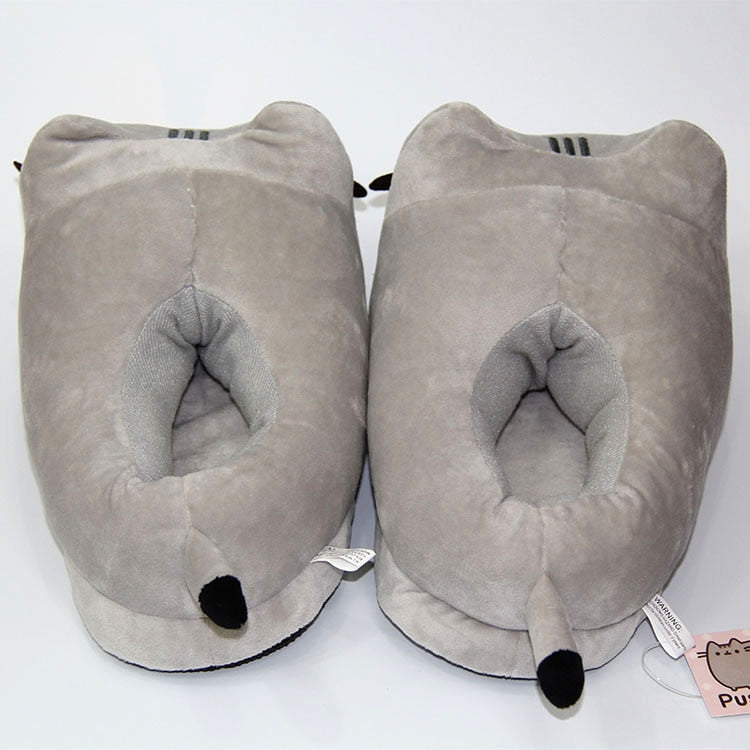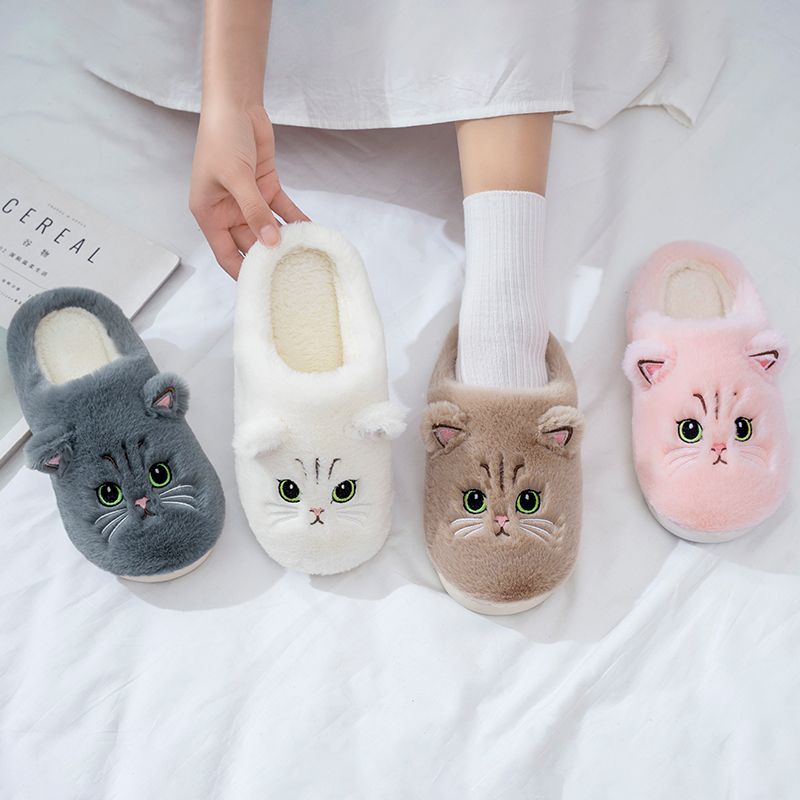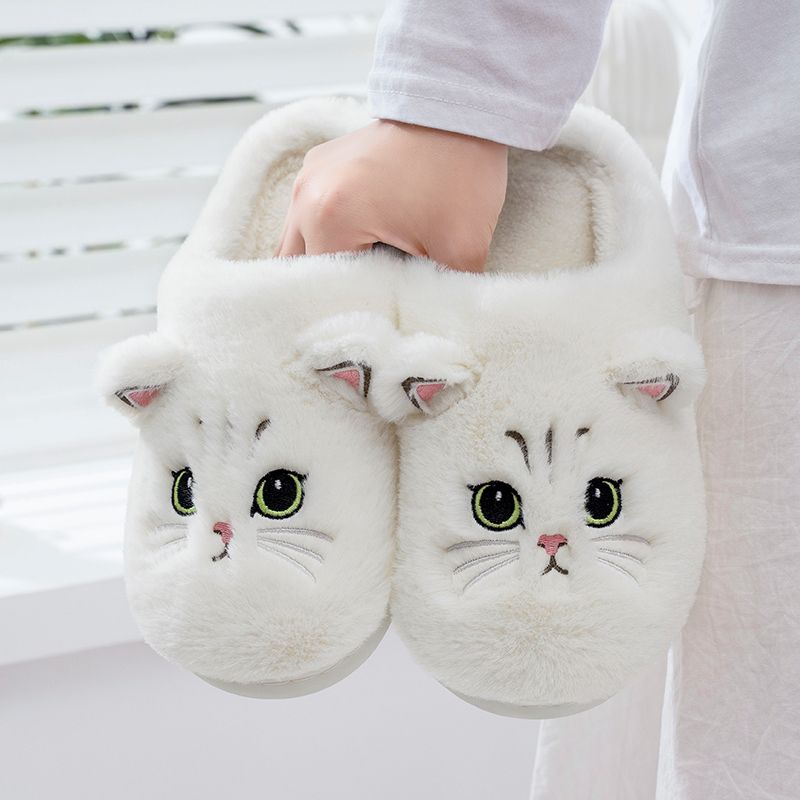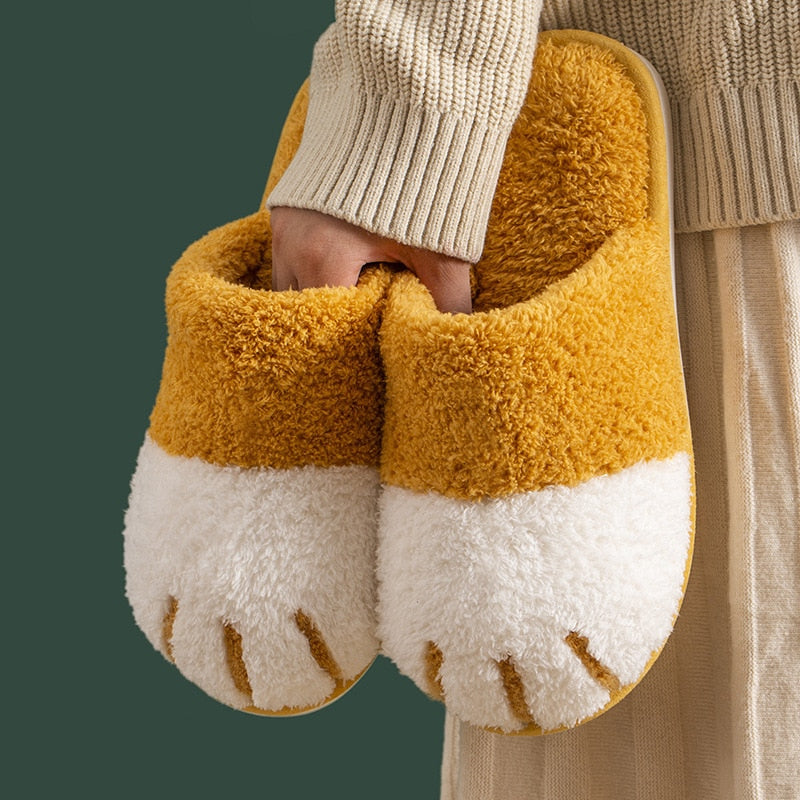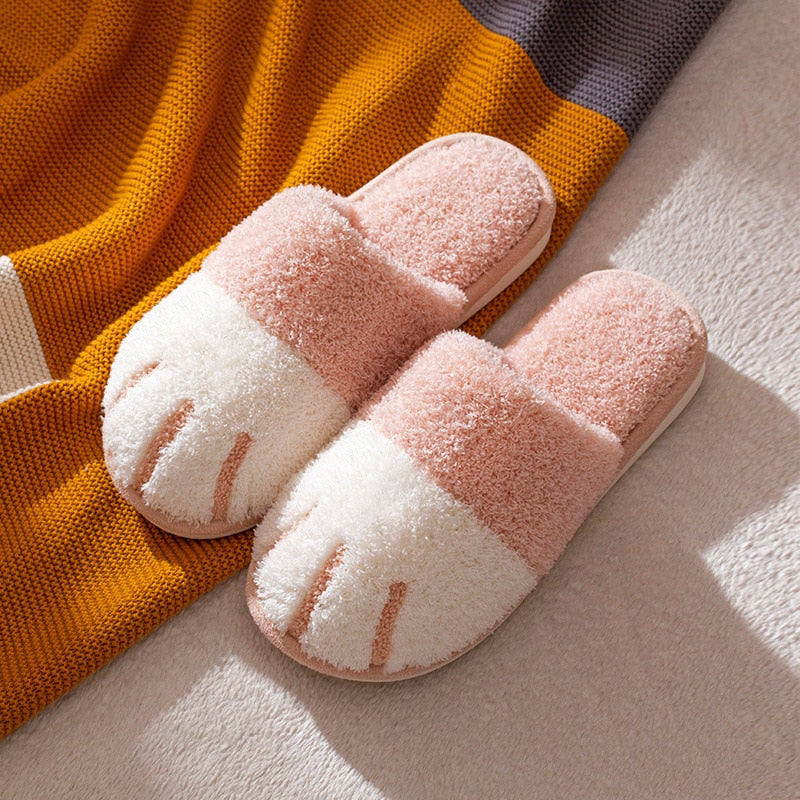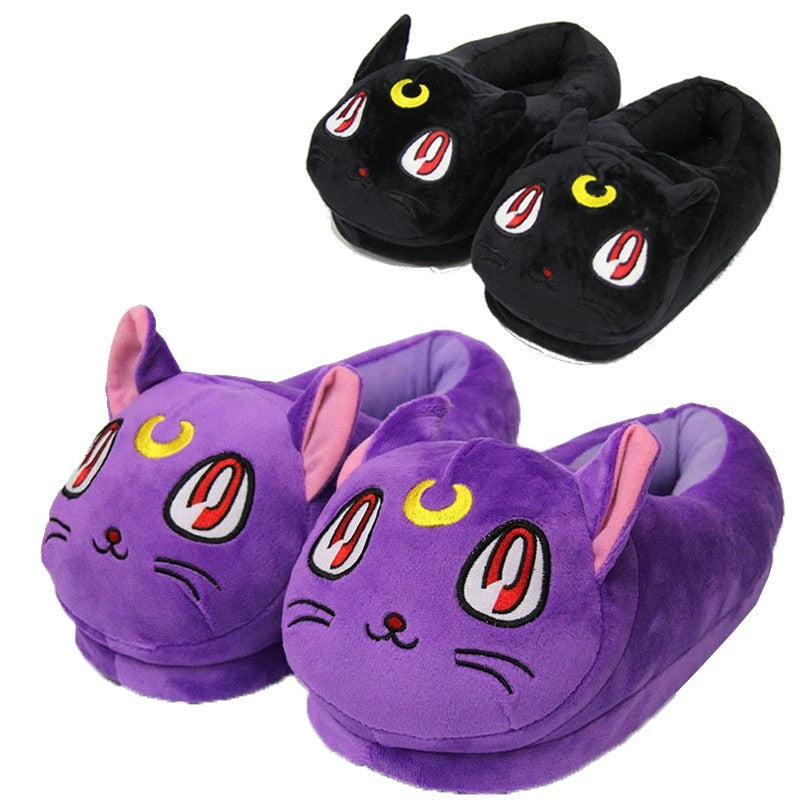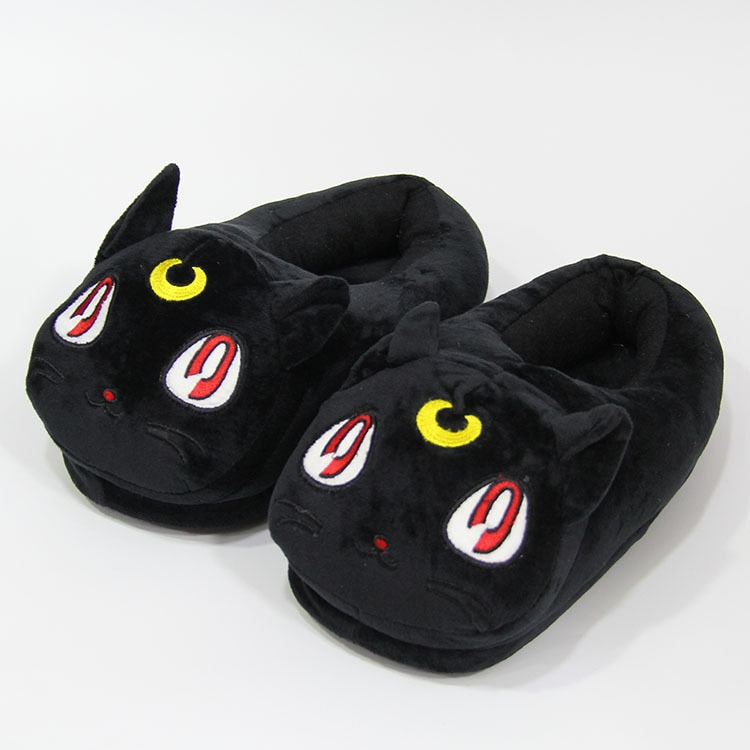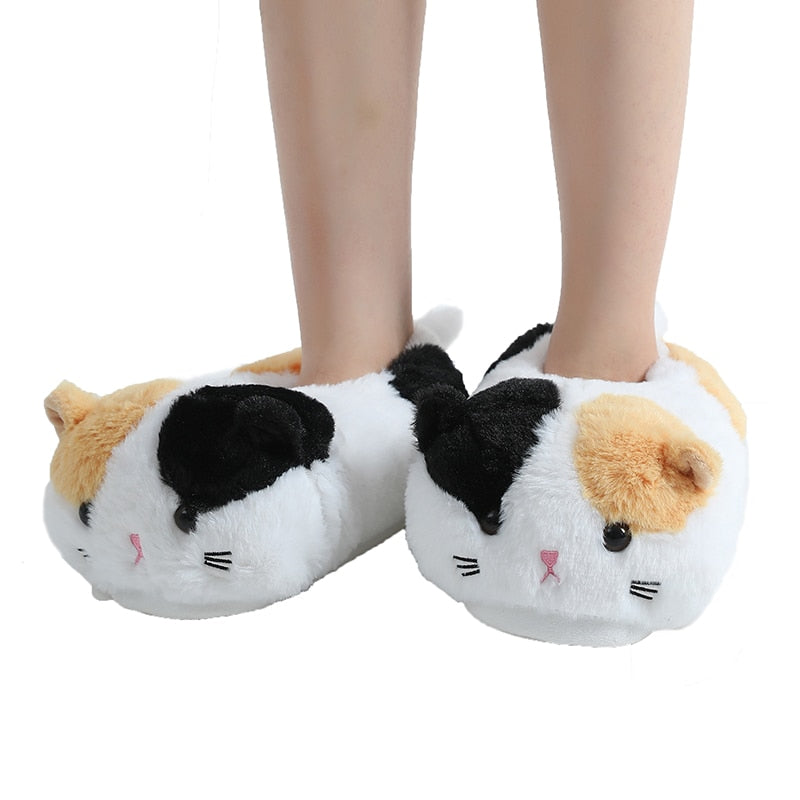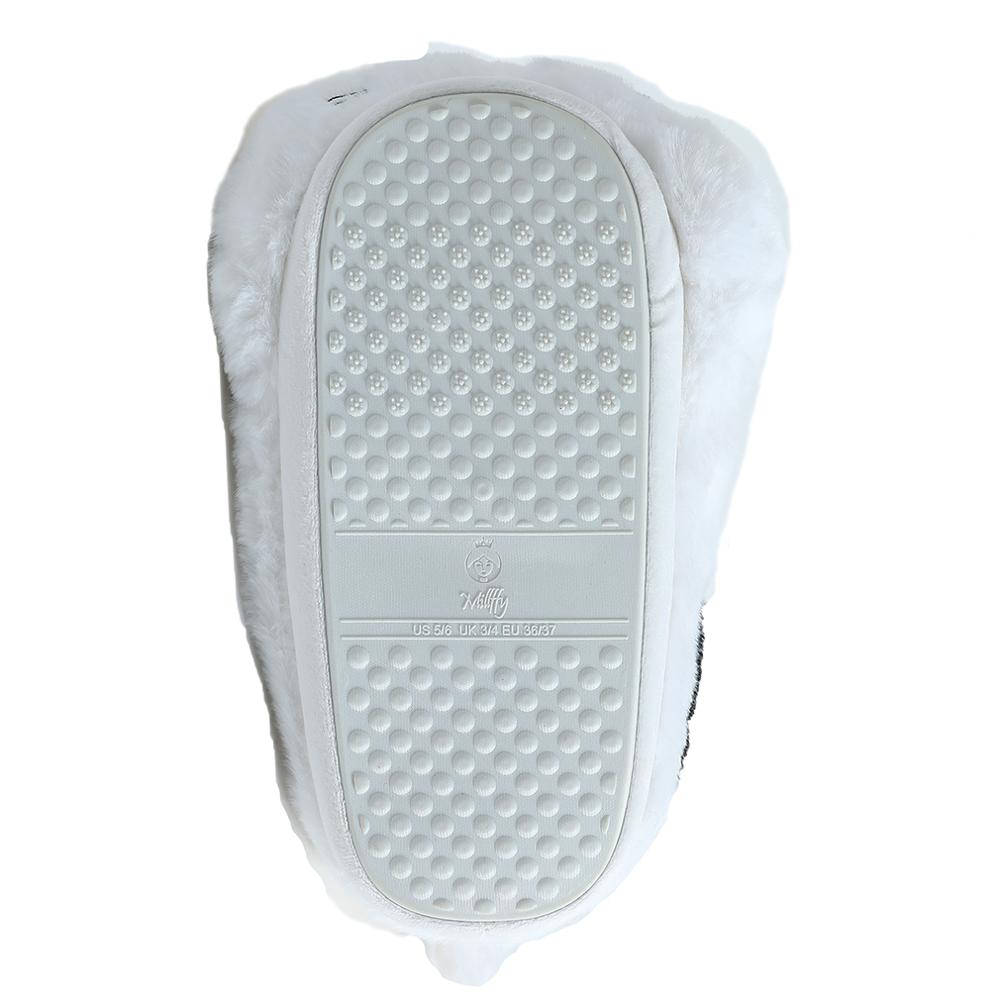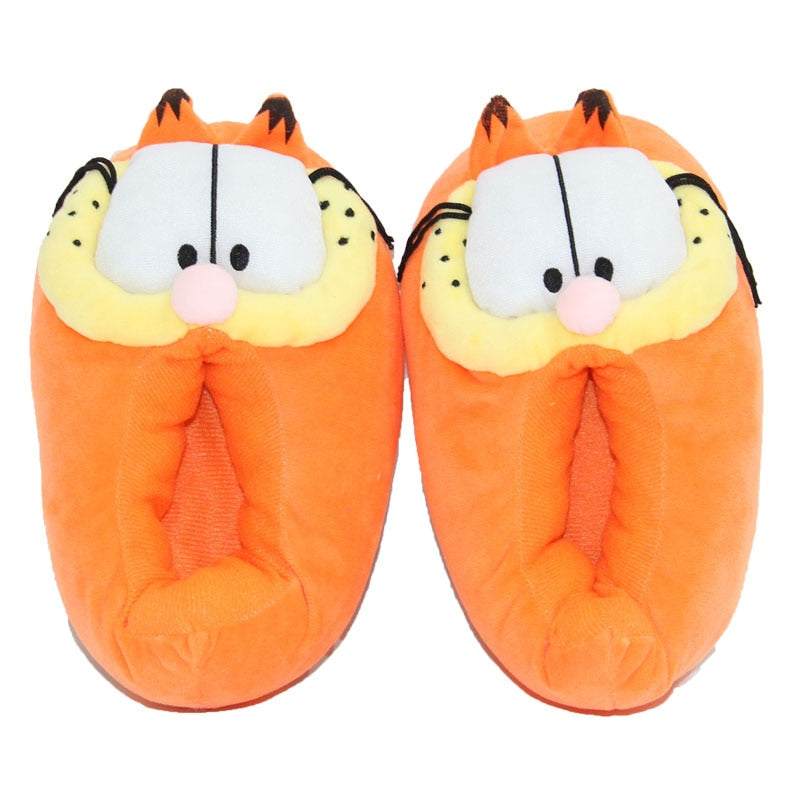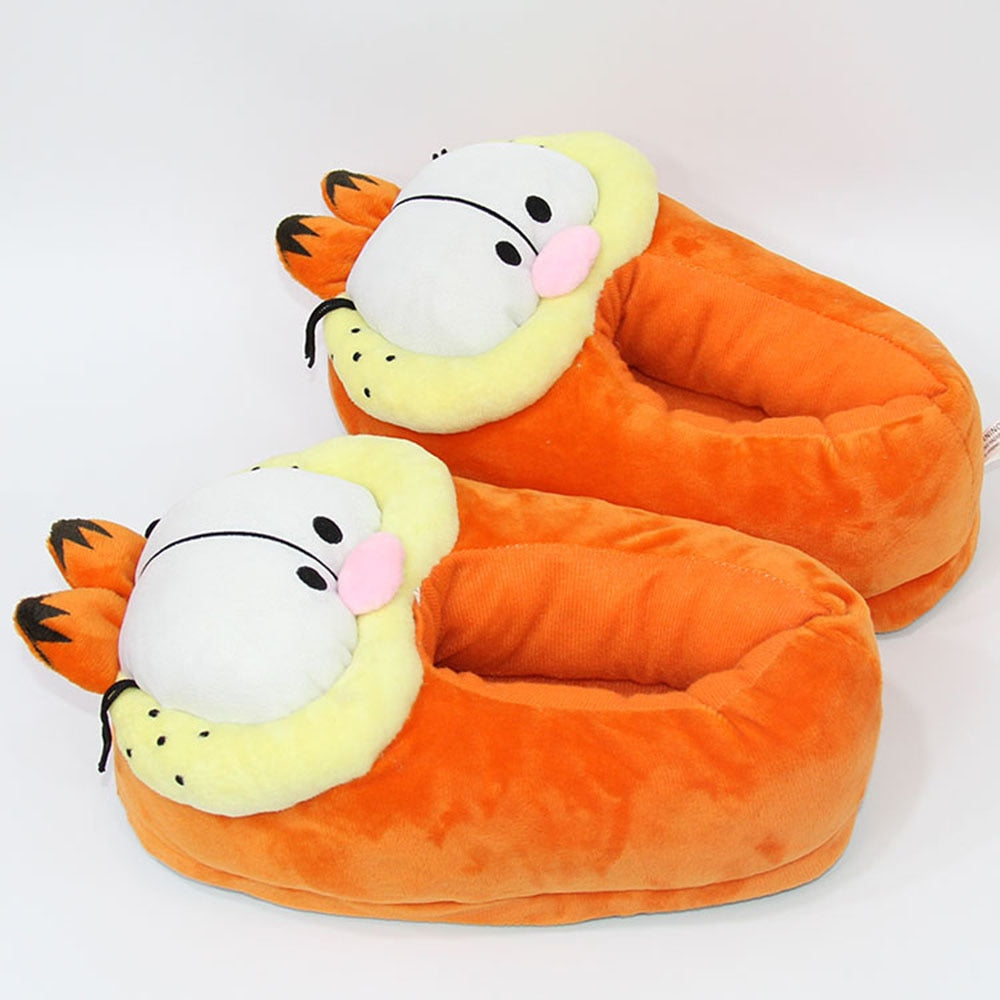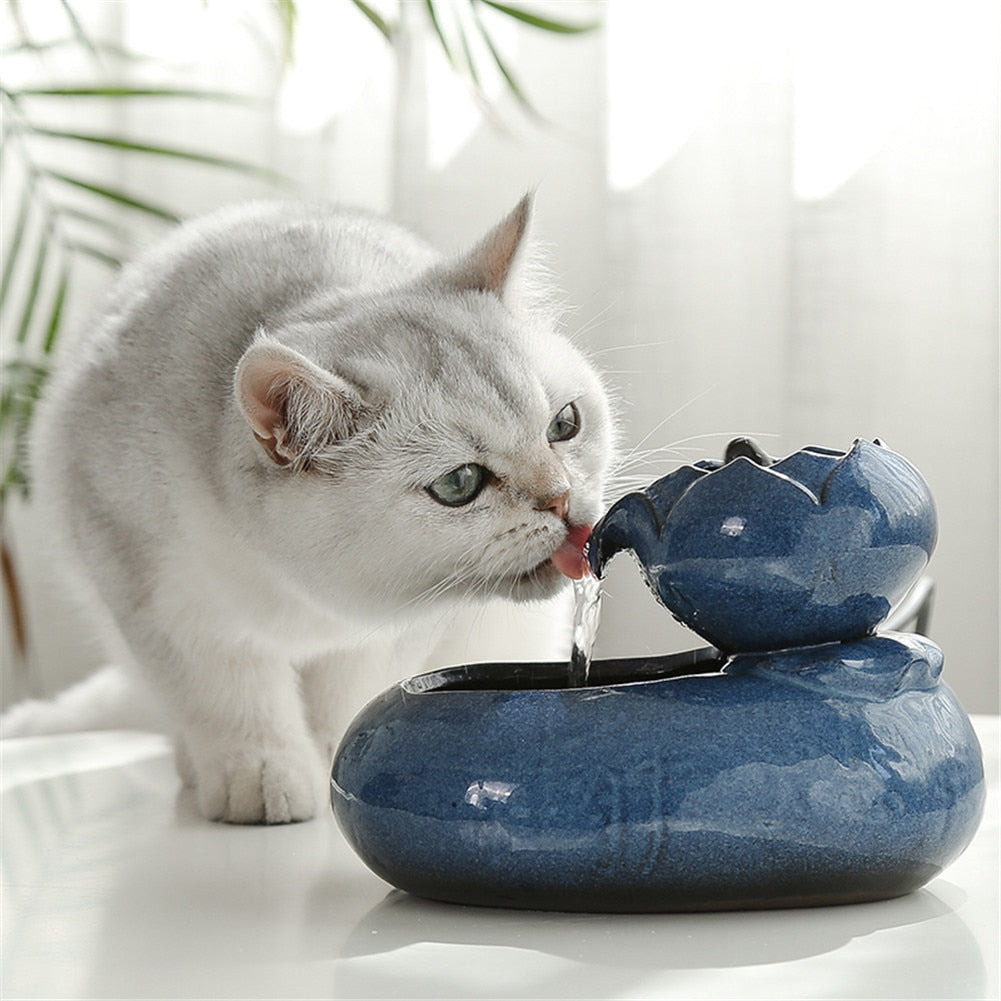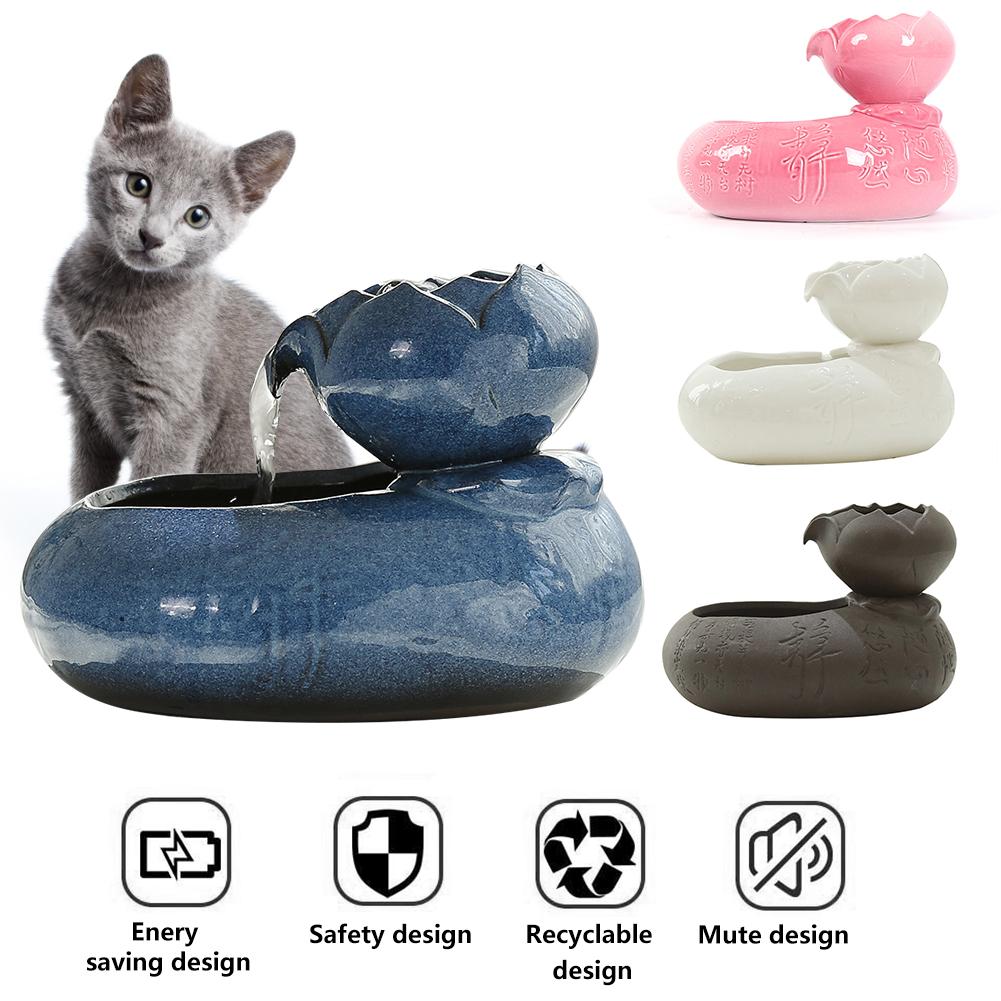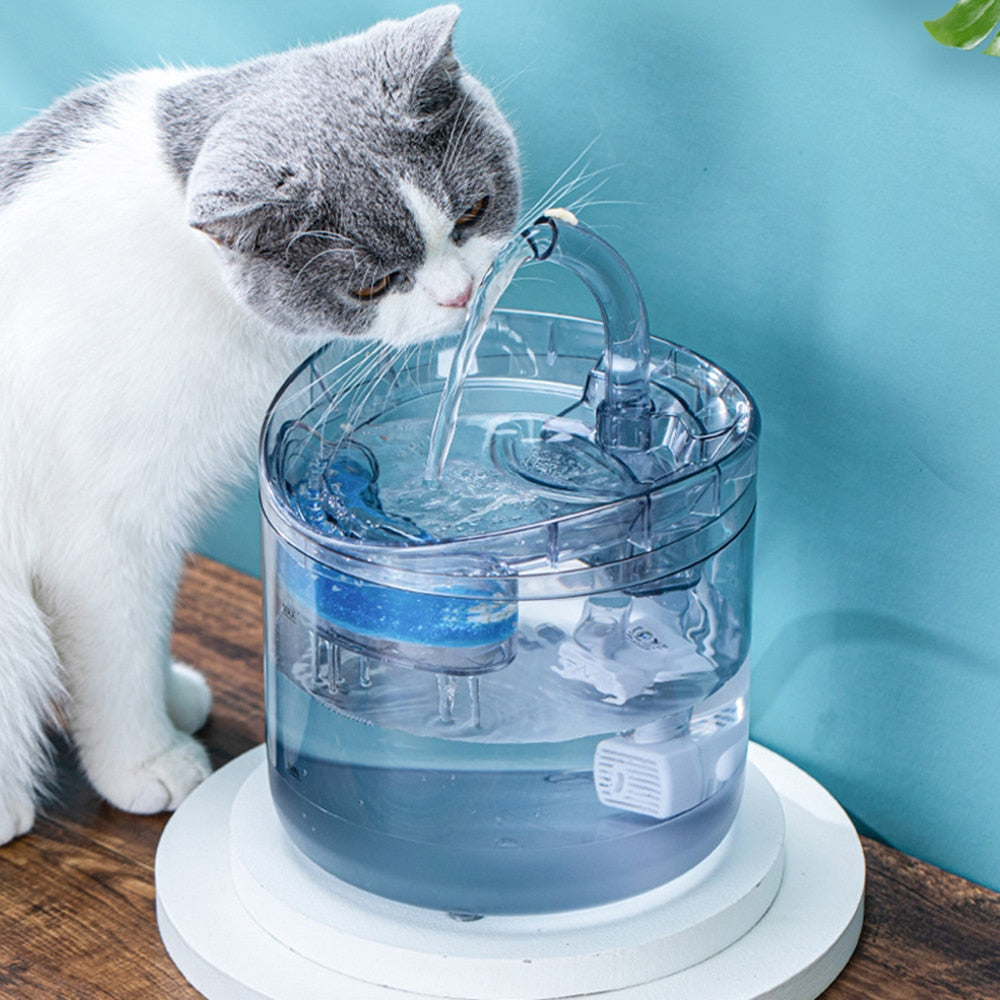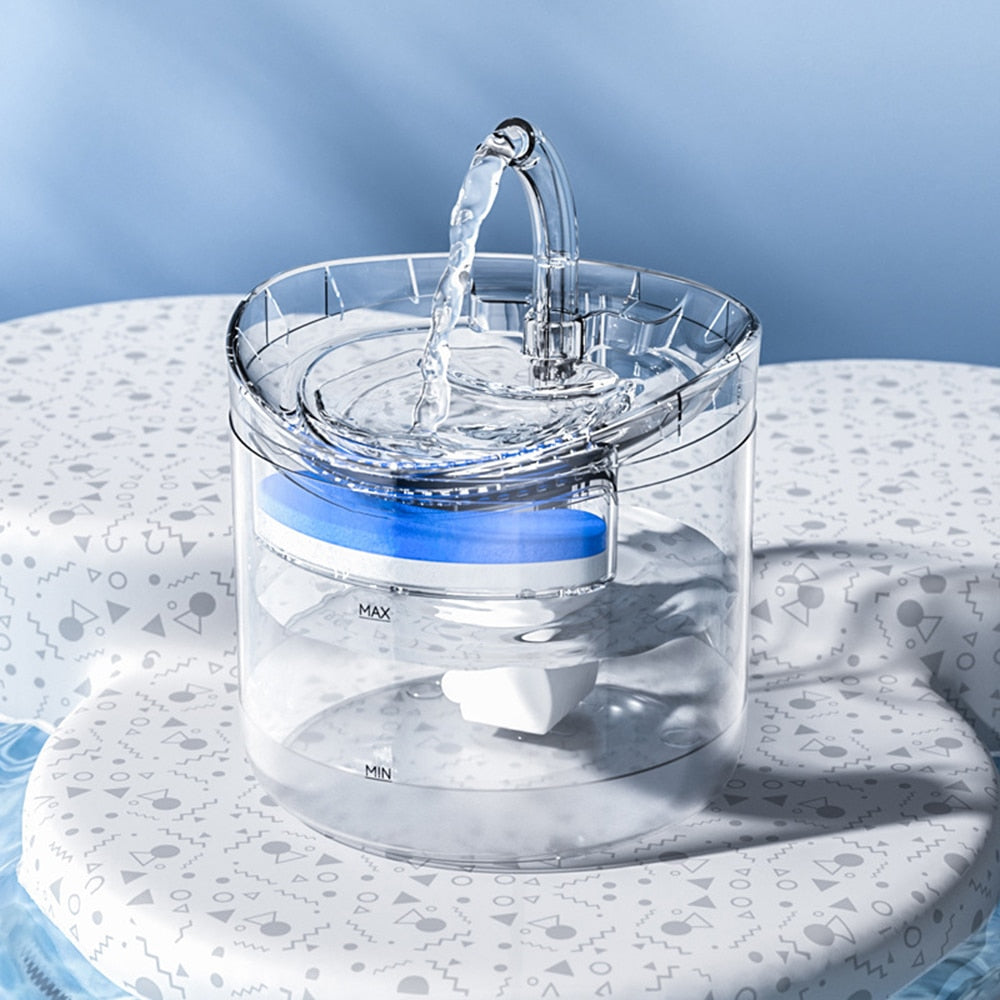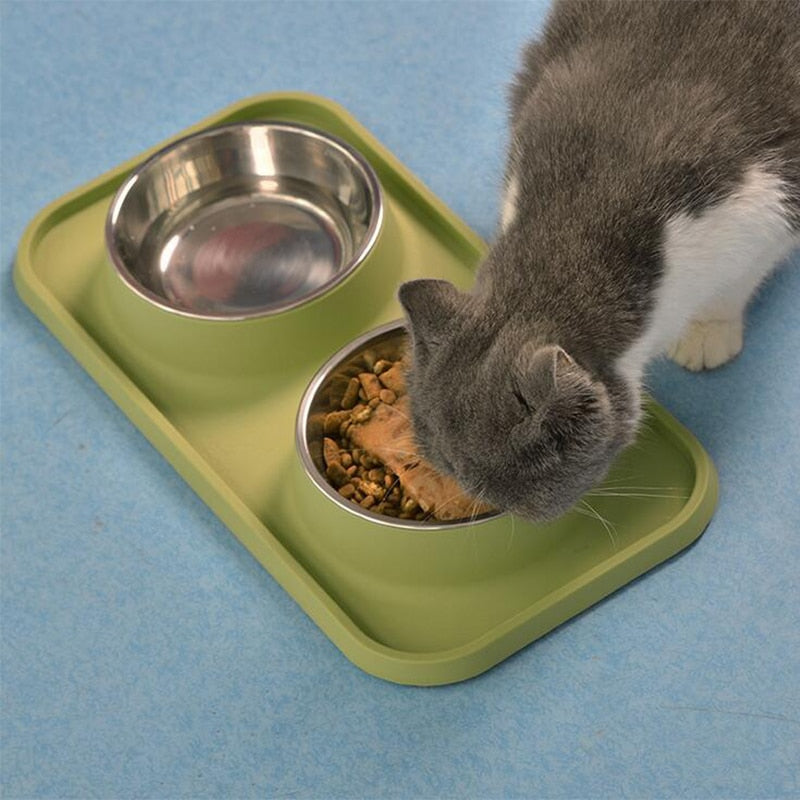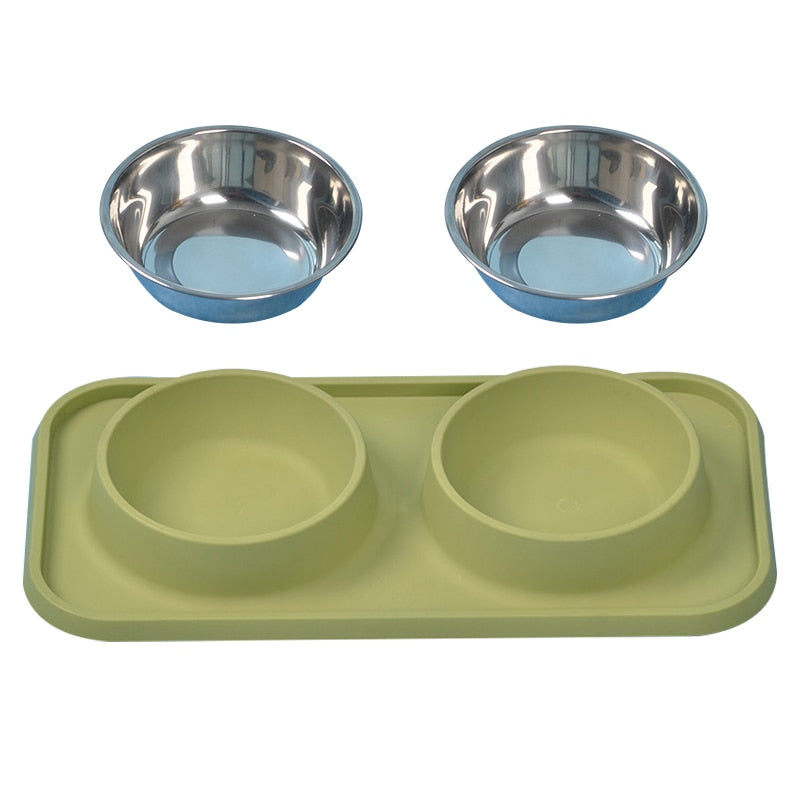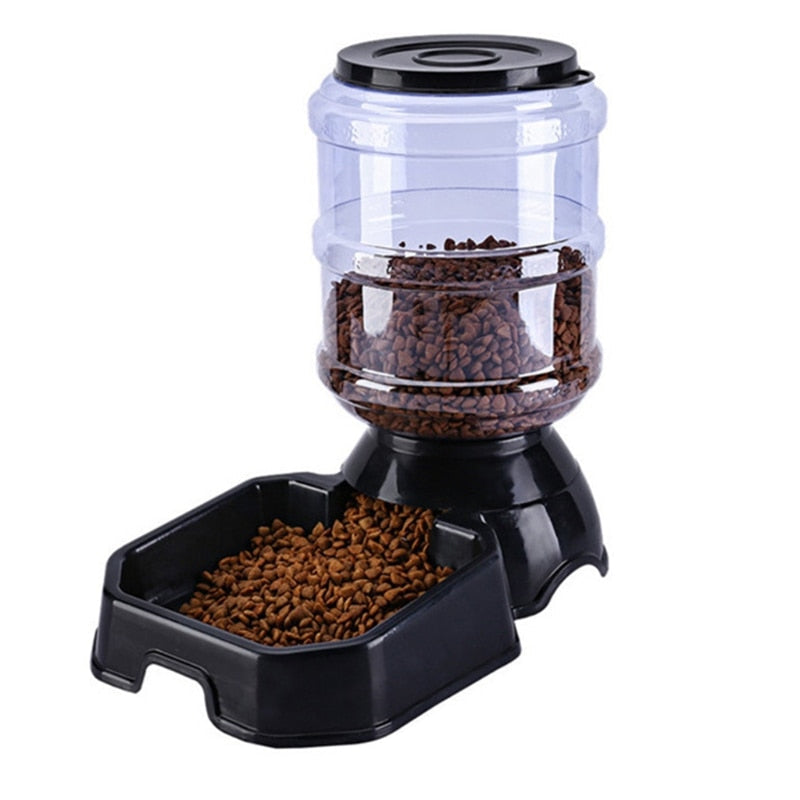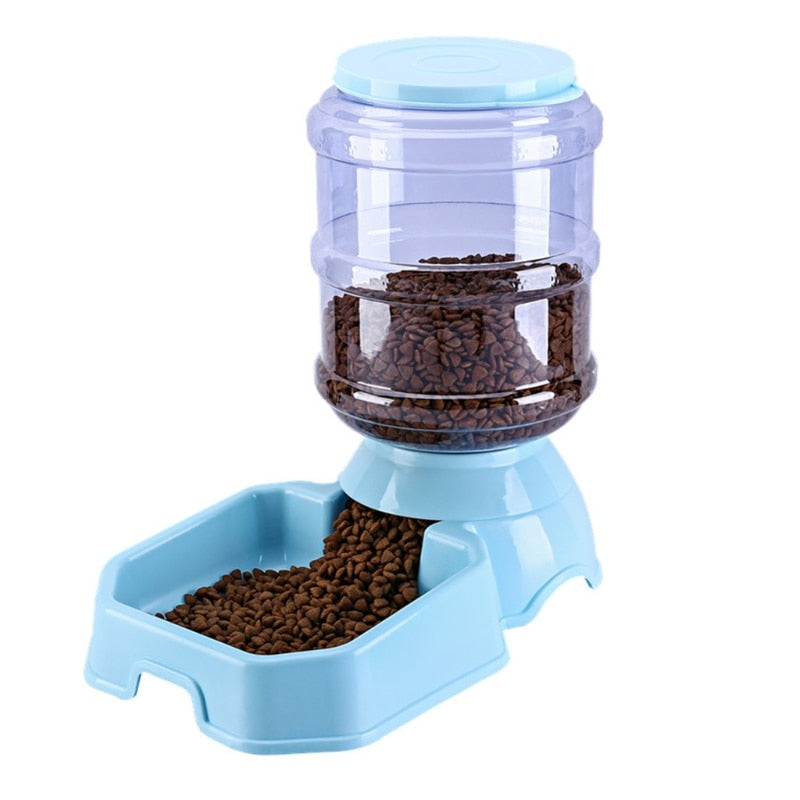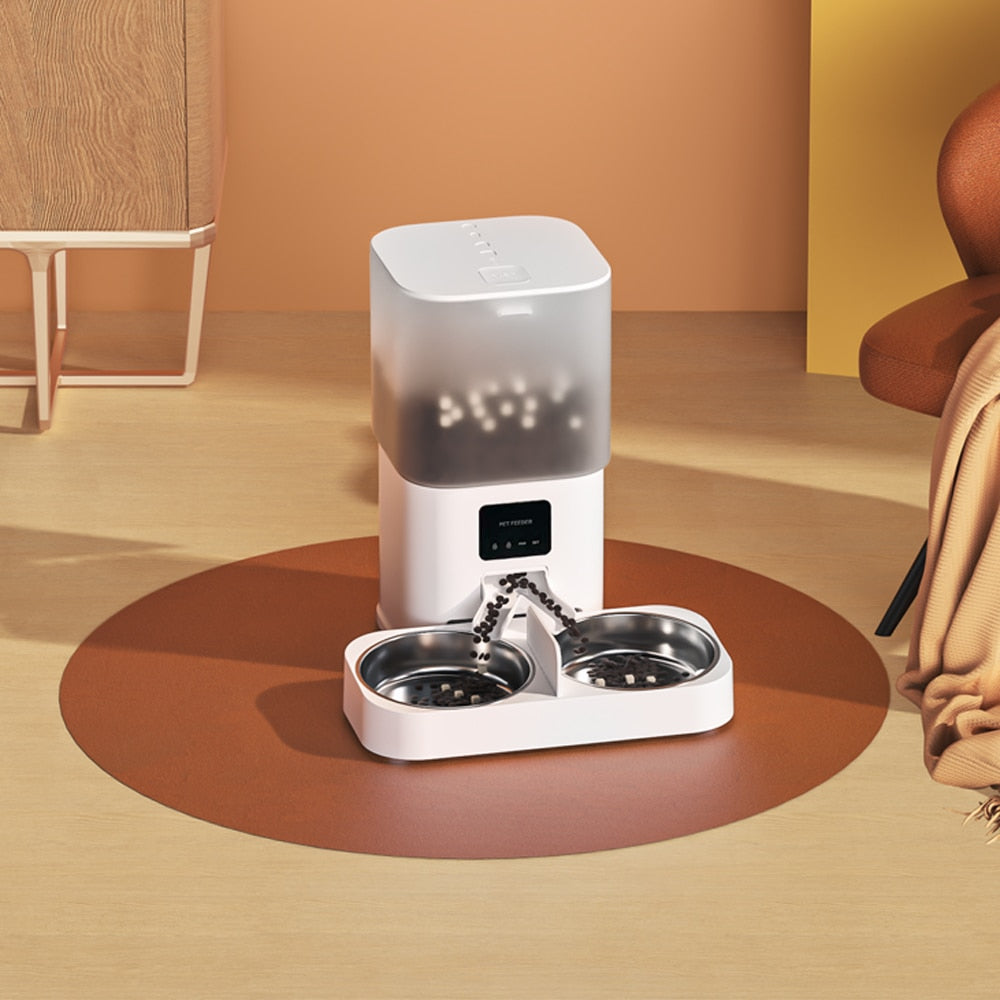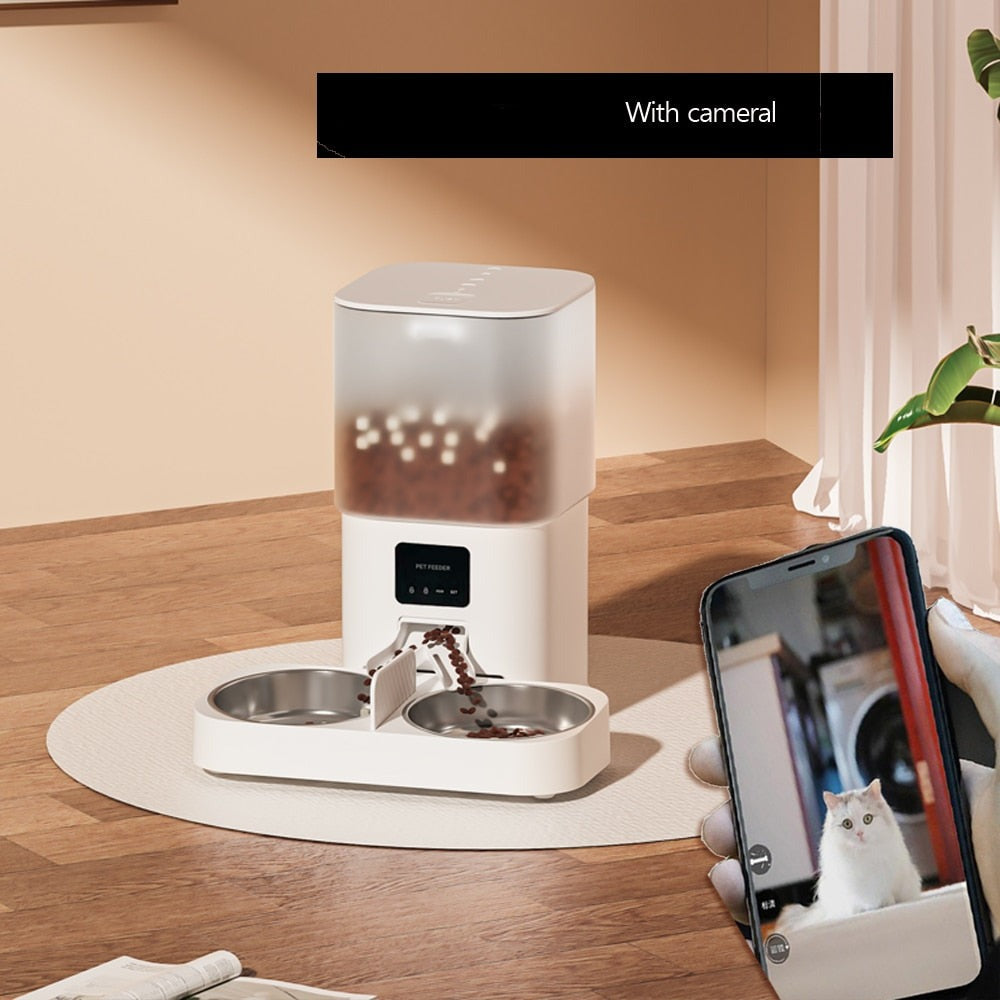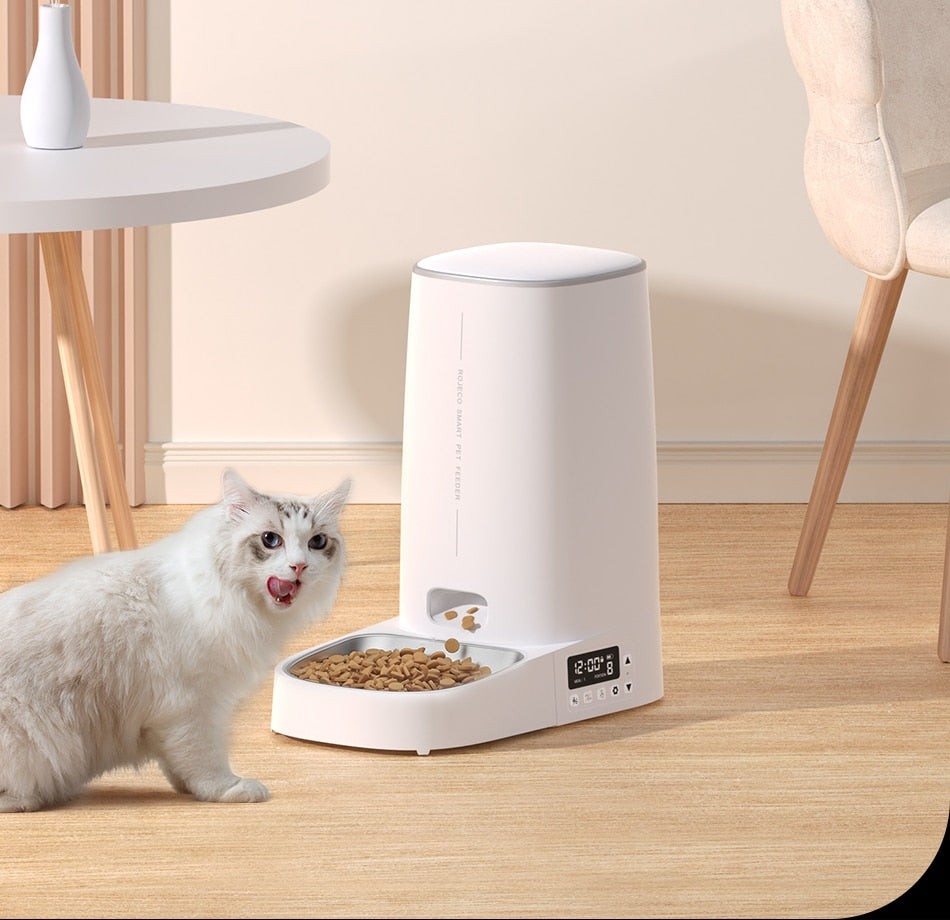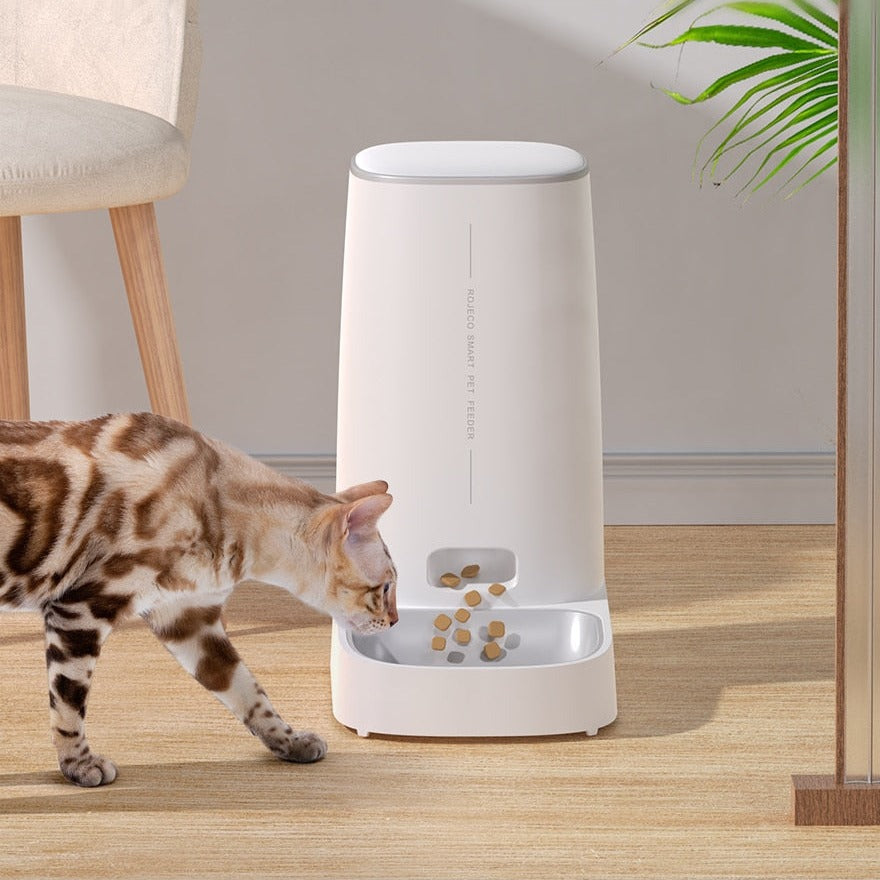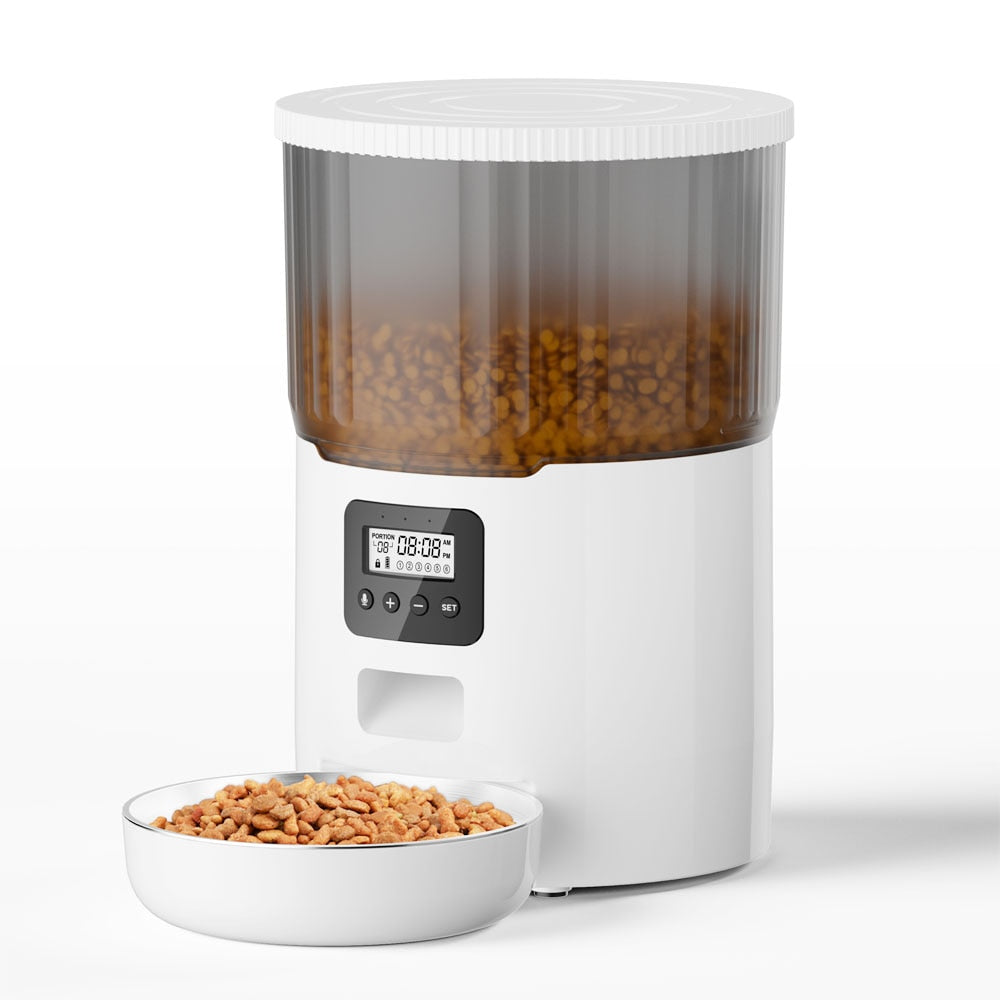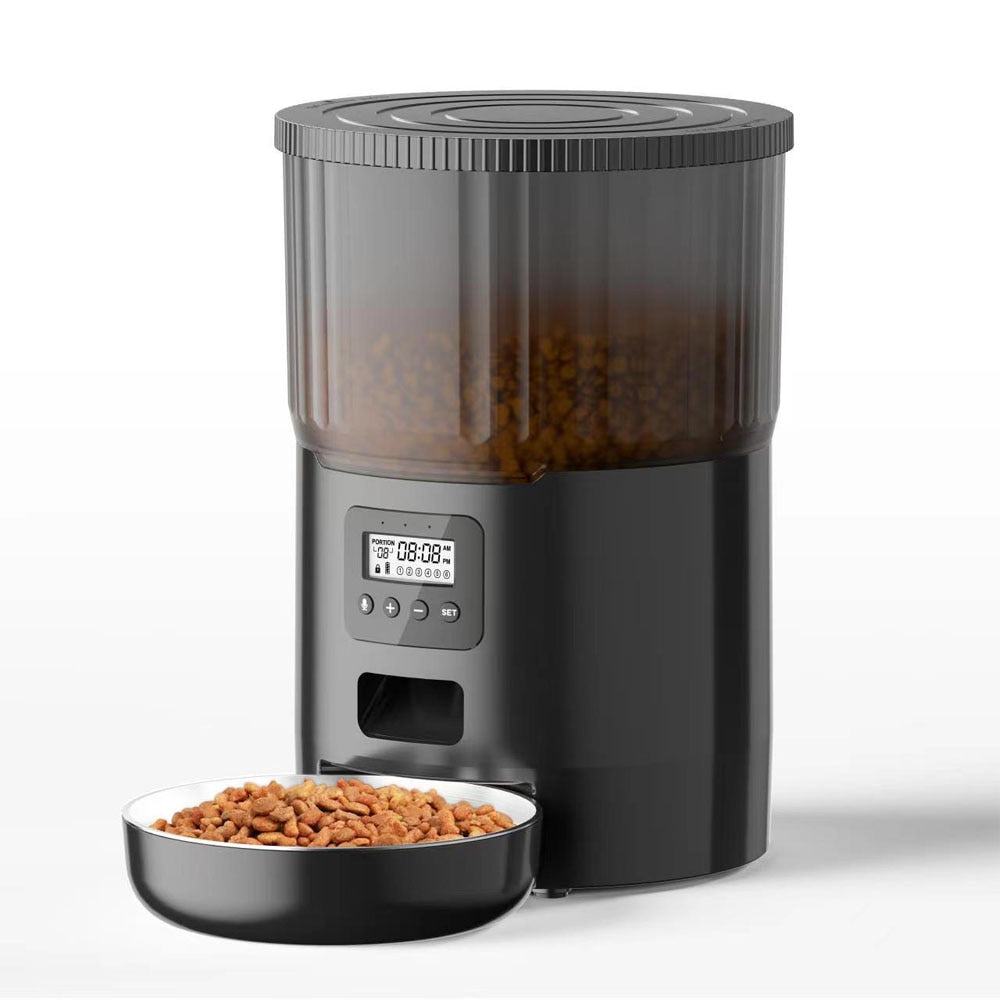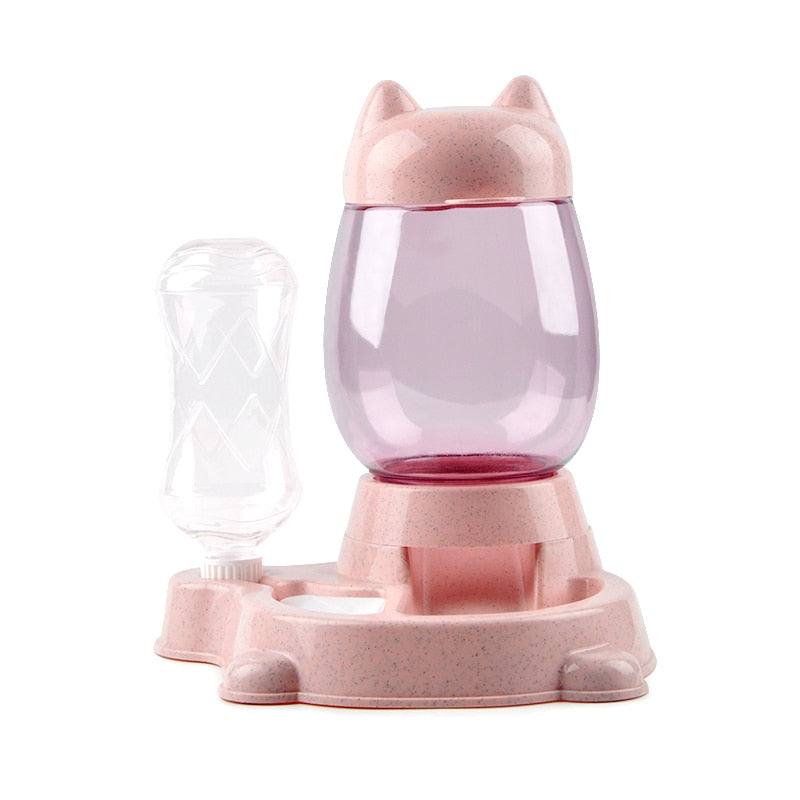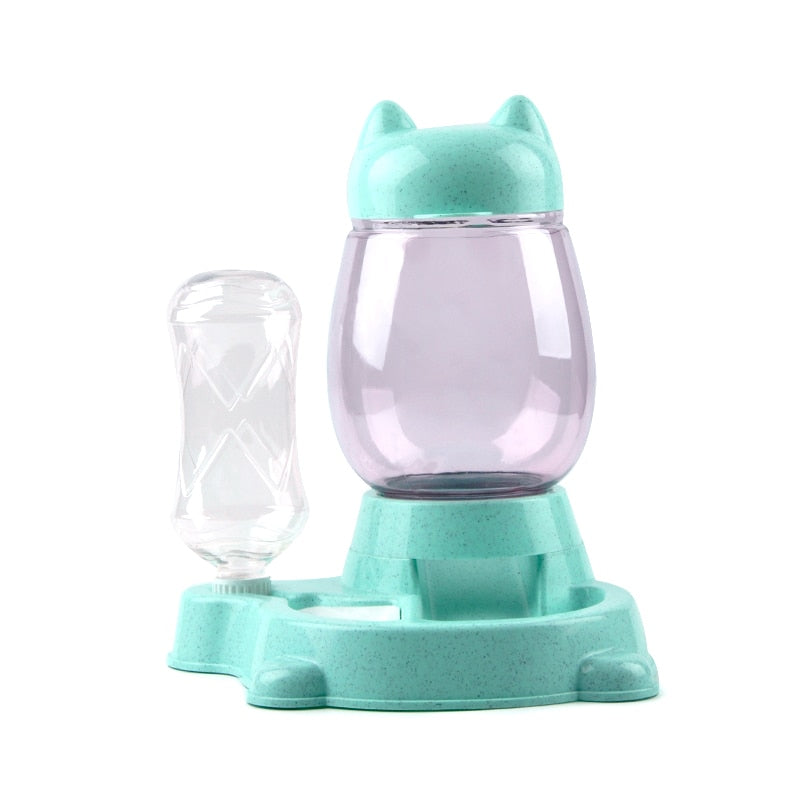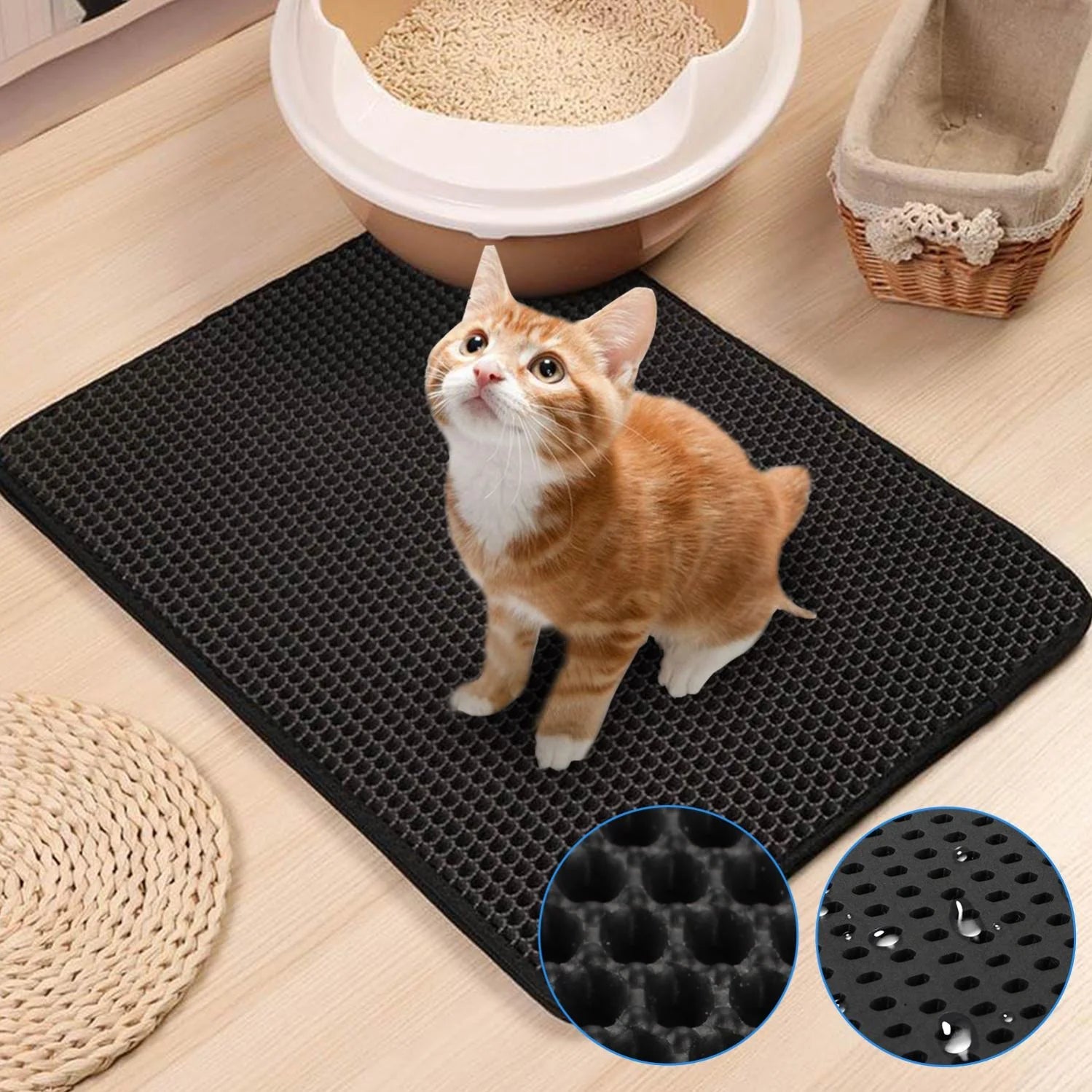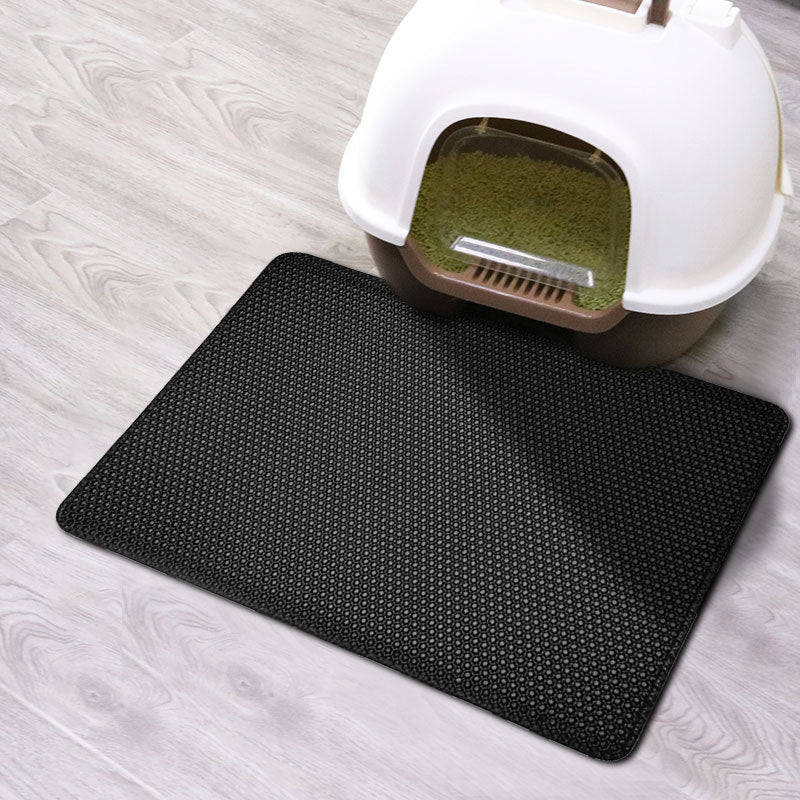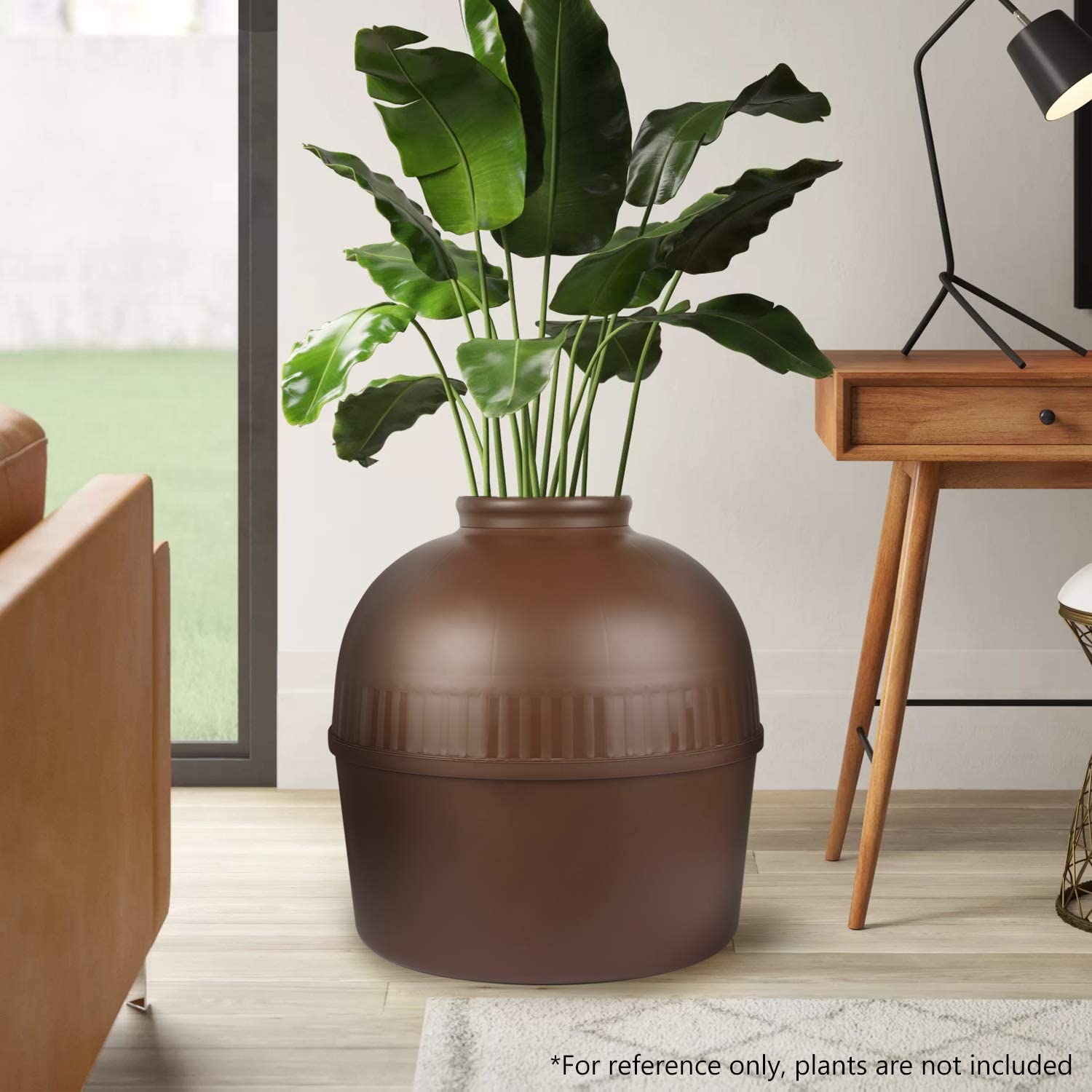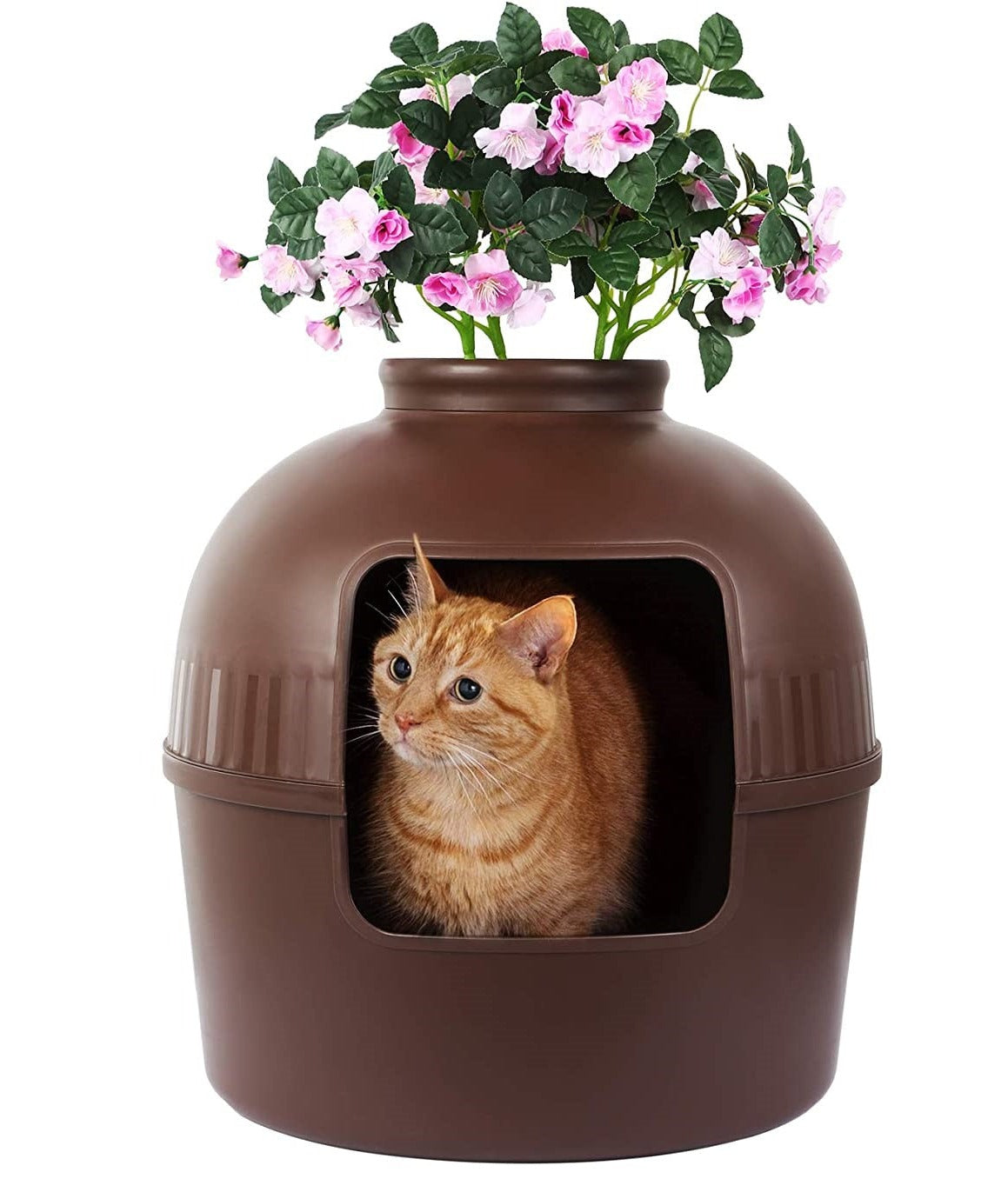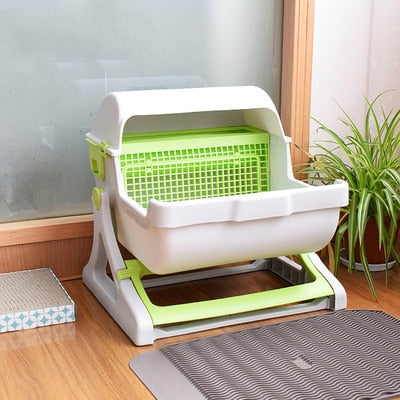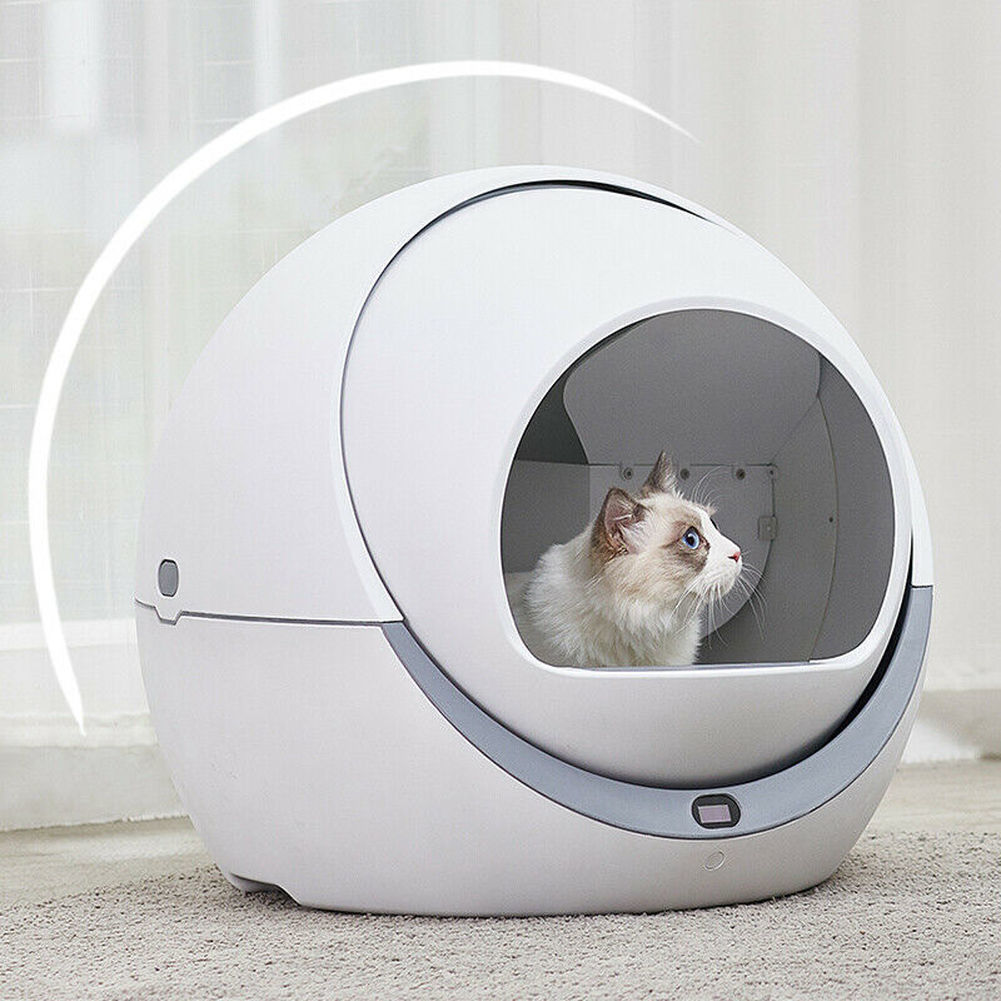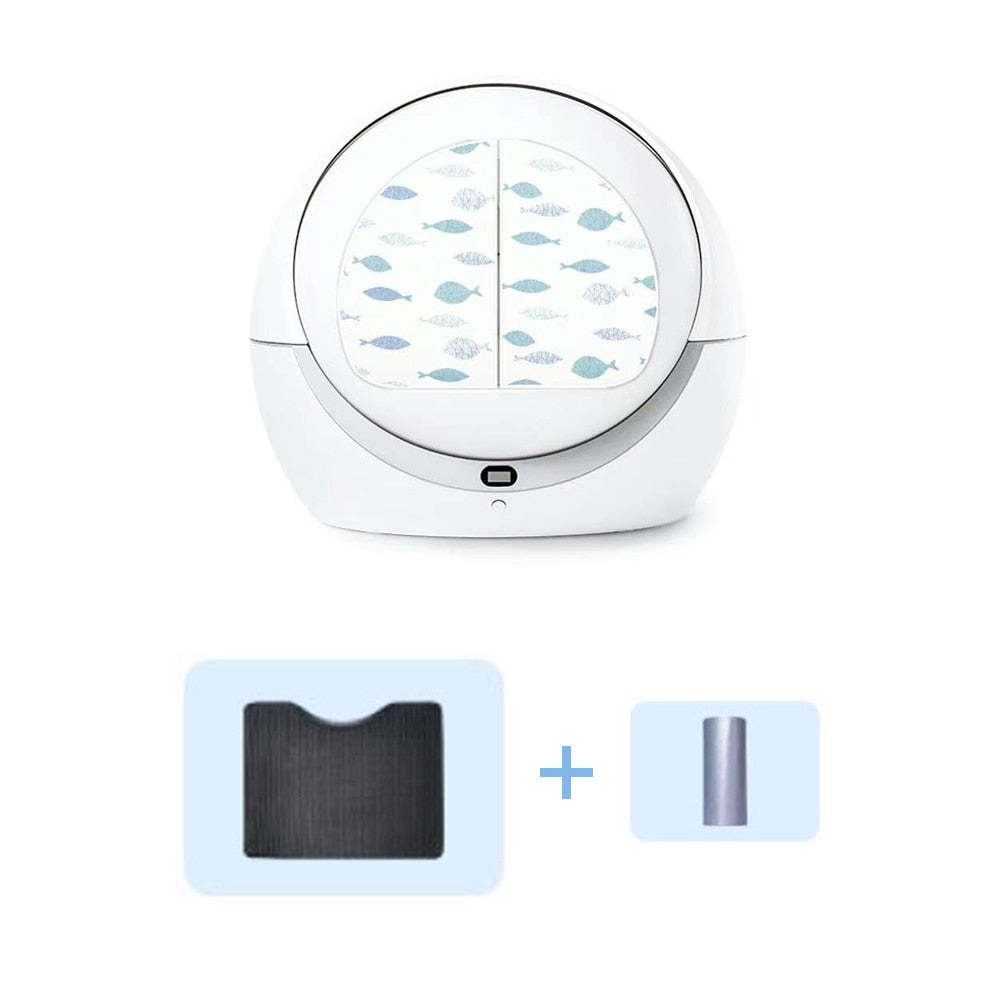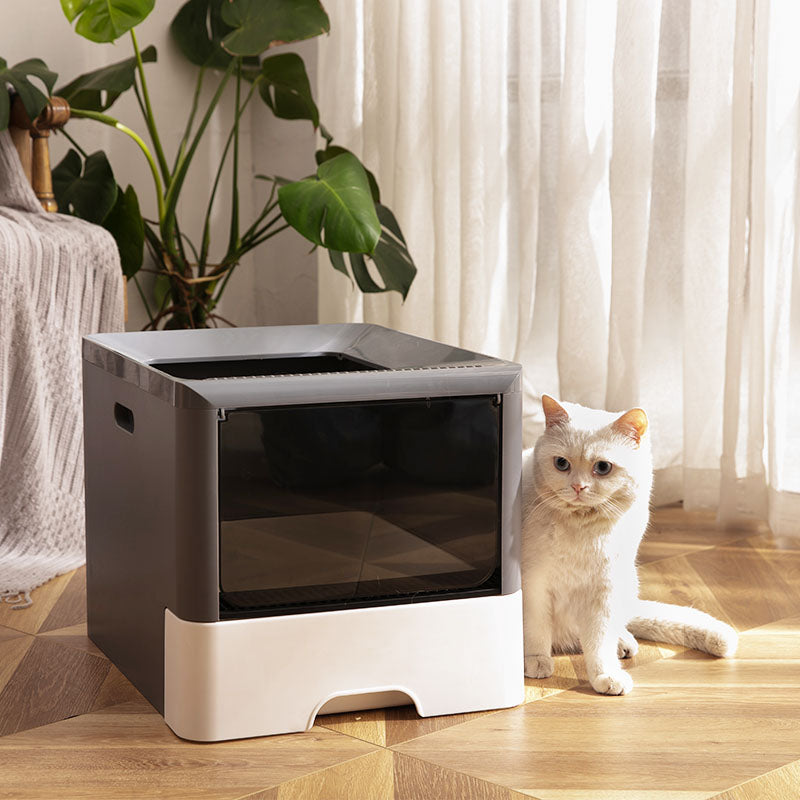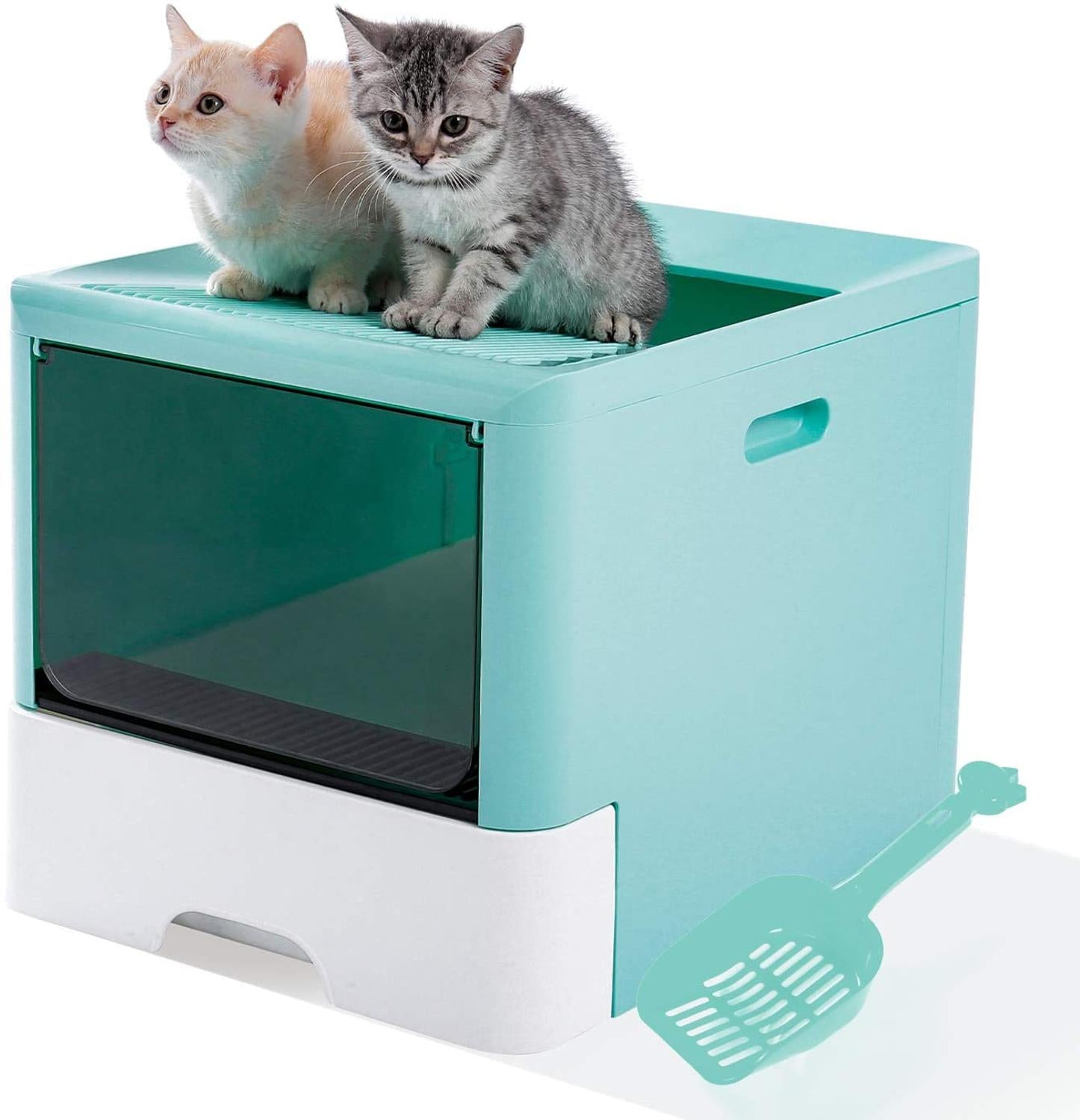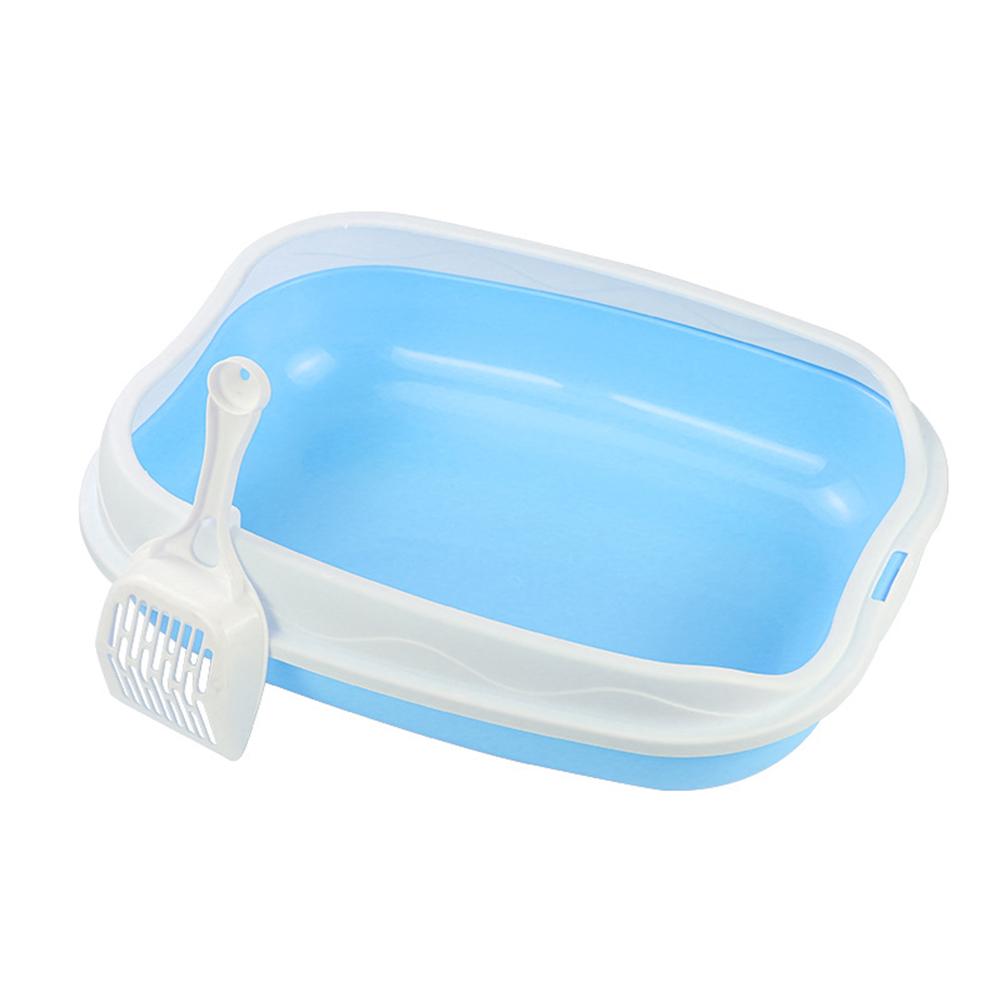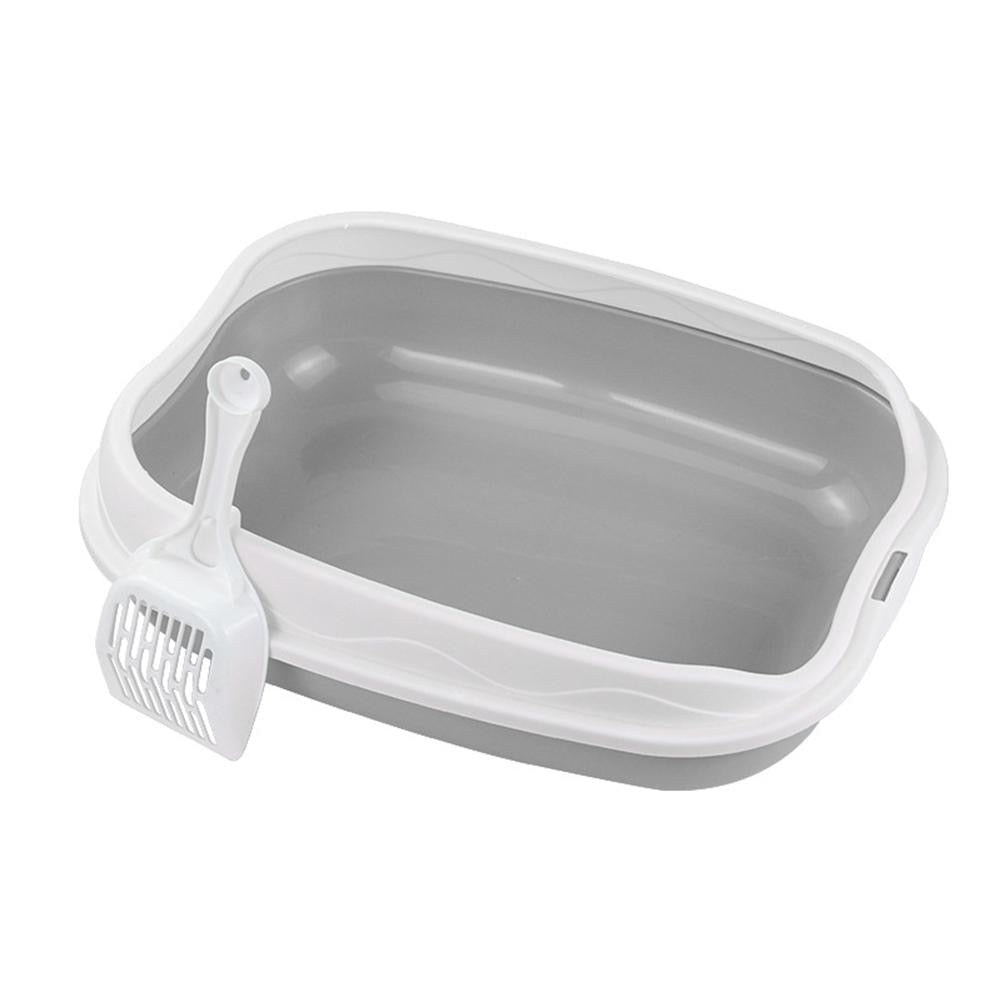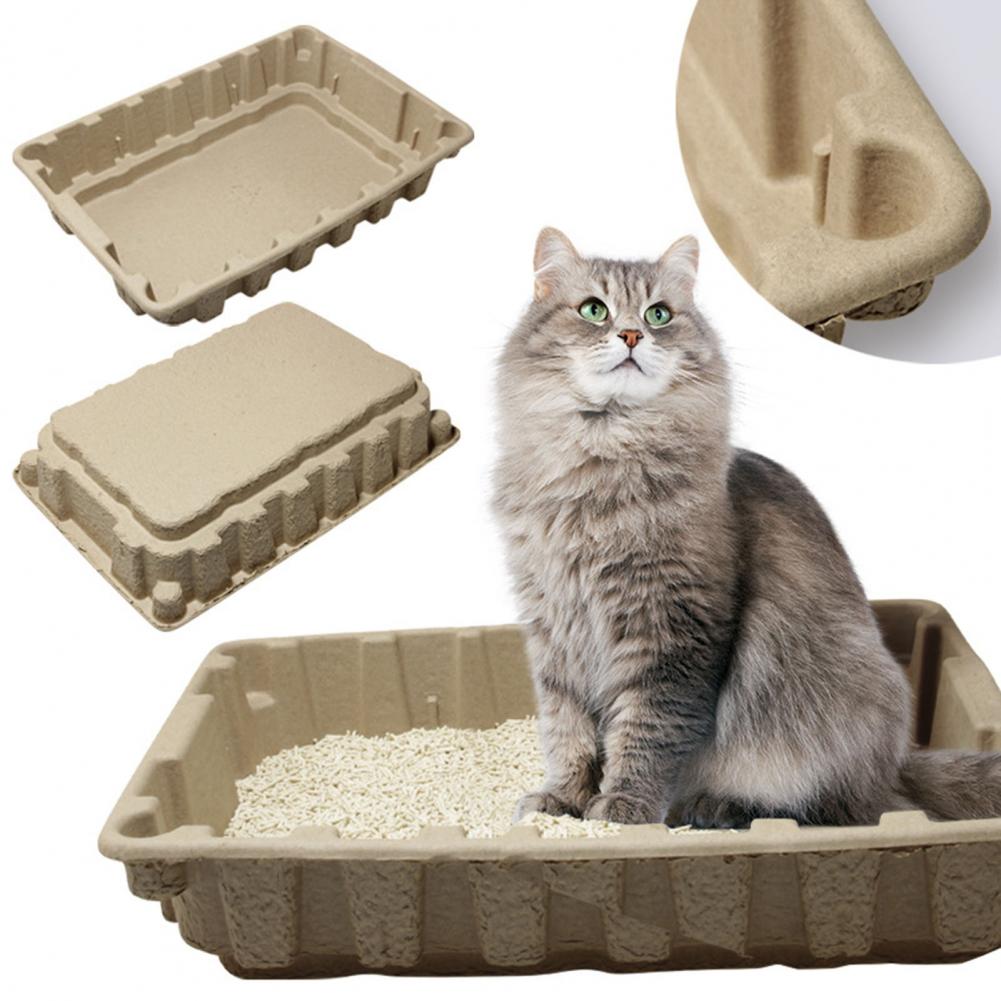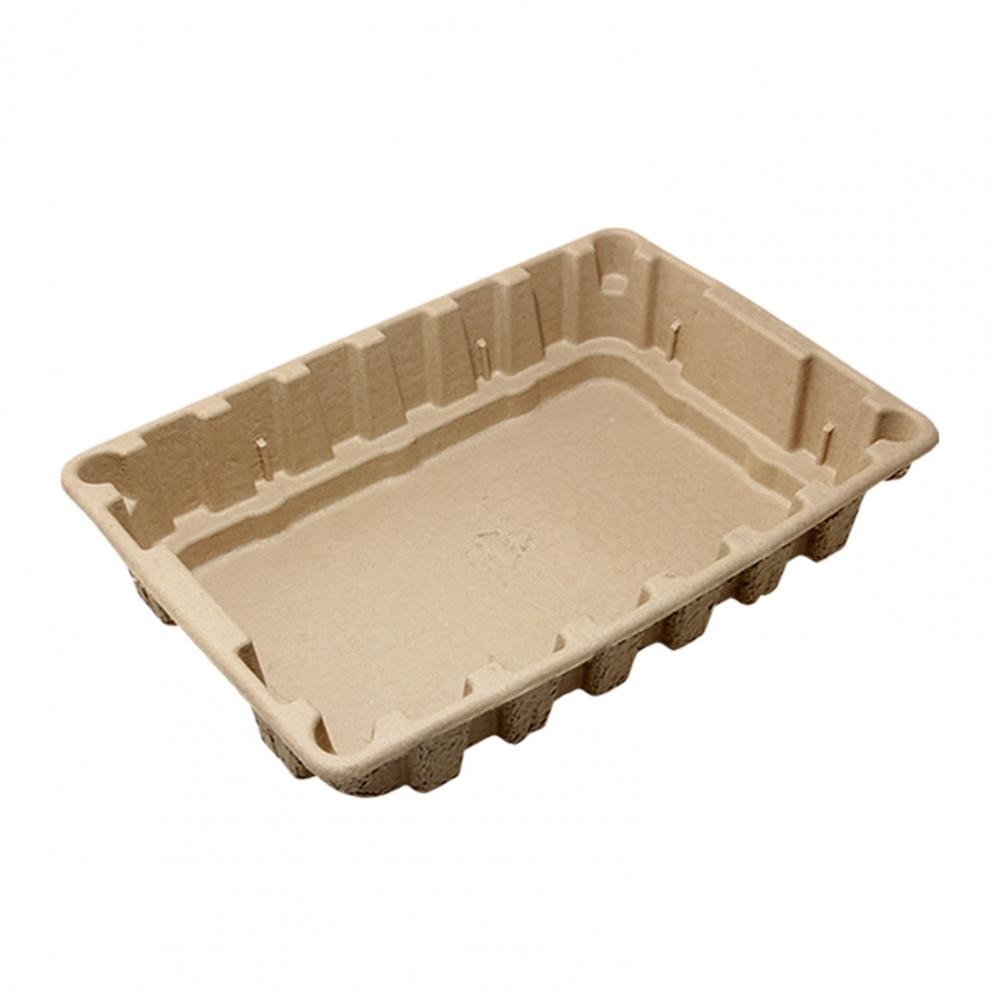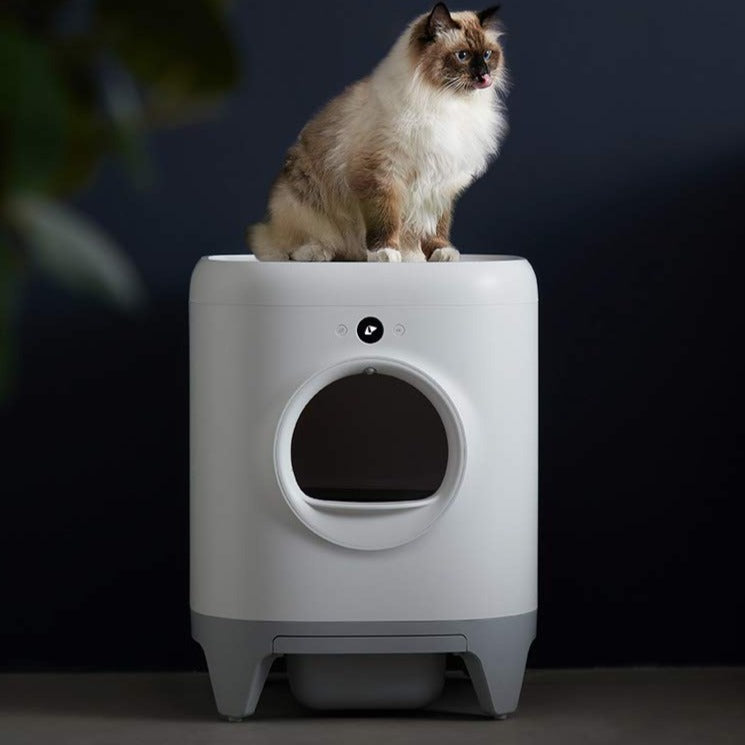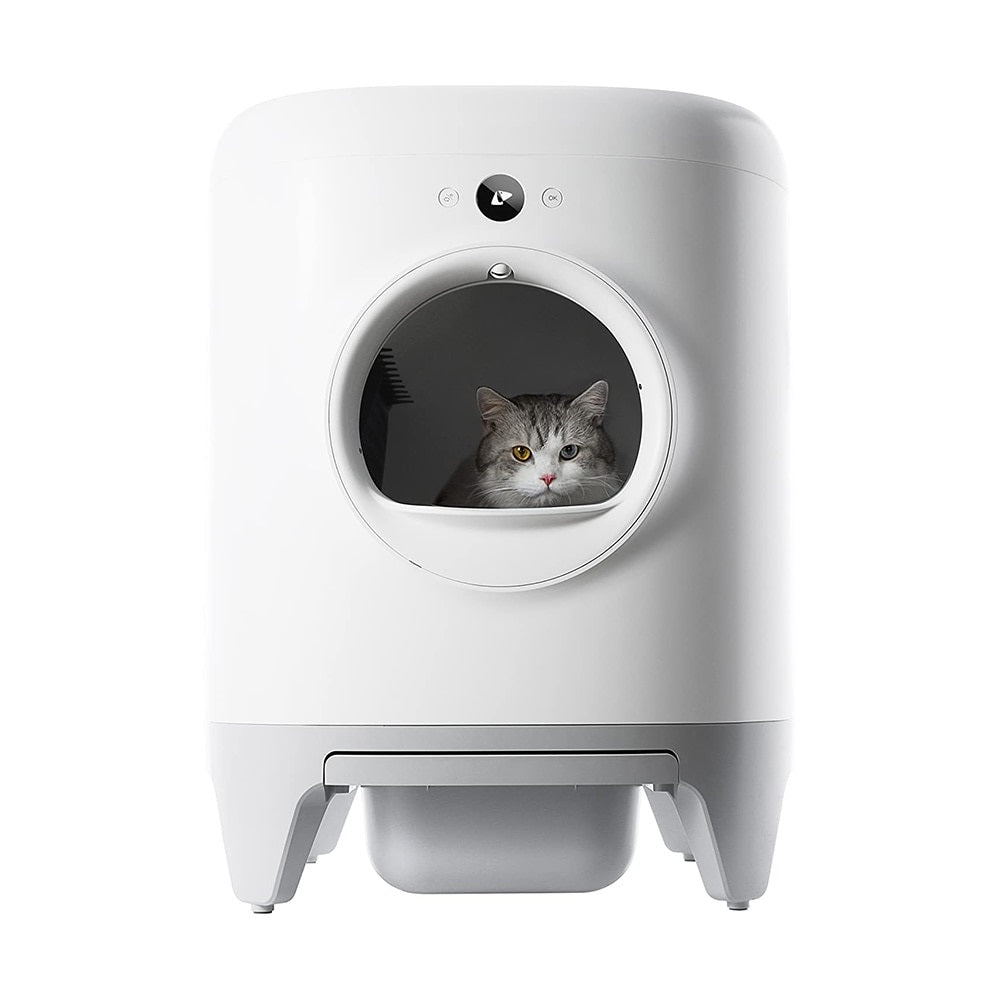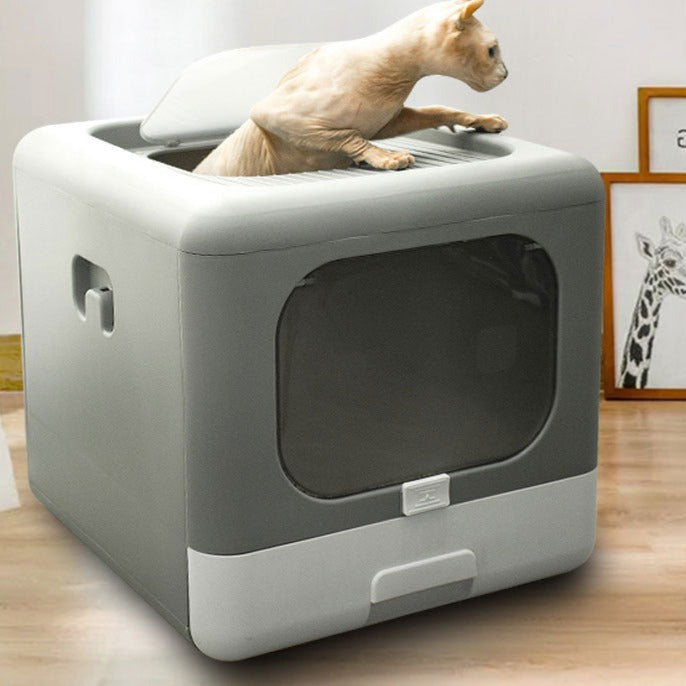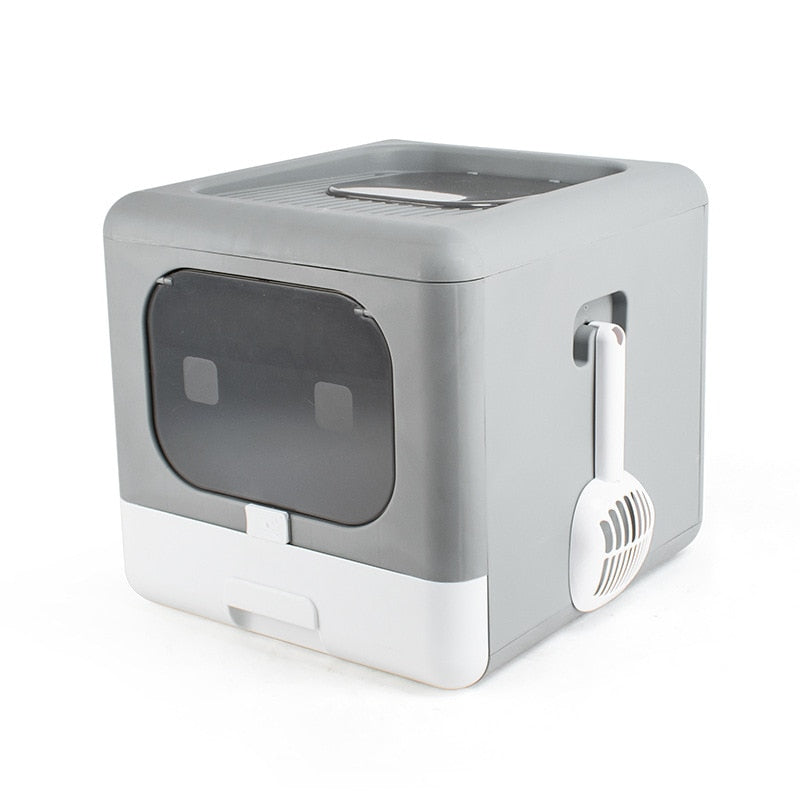Toxic Foods for Cats: Avoid them at all costs!
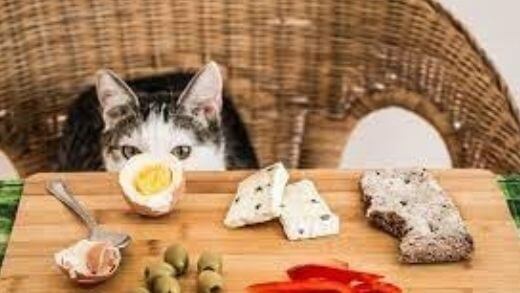
Toxic Foods for Cats

Cats are curious creatures, and sometimes their curiosity can lead them to nibble on things they shouldn't. As a cat parent, it's crucial to know which foods are safe for your feline friend and which ones are off-limits. In this article, we'll explore the top toxic foods for cats and learn how to prevent accidental ingestion. So let's dive in, and remember, curiosity killed the cat but knowledge saved its life!
Understanding Your Cat's Dietary Needs
Cats are obligate carnivores, meaning they primarily need animal-based proteins to thrive. Their dietary needs can be broken down into three main components:
-
Proteins: Cats require high-quality proteins from animal sources like chicken, fish, and beef to maintain their muscle mass and overall health.
-
Fats: Cats need a moderate amount of fat in their diet for energy, essential fatty acids, and fat-soluble vitamins.
-
Carbohydrates: While cats can digest some carbohydrates, they have limited ability to process them. A small amount of carbs is acceptable, but it should not make up the bulk of their diet.
Common Human Foods Toxic to Cats
There are several human foods that can be harmful or even fatal to cats. Here are the top offenders:
-
Onions and Garlic: All members of the allium family, including onions, garlic, leeks, and chives, contain compounds that can damage red blood cells and lead to anemia in cats.
-
Chocolate: Theobromine, a compound found in chocolate, is toxic to cats. Dark chocolate and baking chocolate are especially dangerous.
-
Coffee and Caffeine: Caffeine can cause hyperactivity, rapid breathing, tremors, and seizures in cats. Keep coffee grounds, tea bags, and energy drinks out of their reach.
-
Grapes and Raisins: These fruits can cause acute kidney failure in cats. The exact toxin is unknown, but even small amounts can be lethal.
-
Alcohol: Alcohol can lead to vomiting, diarrhea, tremors, disorientation, and even death in cats. Keep all alcoholic beverages and products away from your furry friend.
-
Raw Fish and Raw Eggs: Raw fish and eggs can contain bacteria that cause food poisoning in cats. Moreover, raw fish can lead to thiamine deficiency, causing neurological issues.
-
Dairy Products: Many cats are lactose intolerant and can't properly digest lactose in milk, cheese, and other dairy products. This can lead to gastrointestinal issues like diarrhea.
-
Avocado: Avocado contains persin, a toxin that can cause vomiting and diarrhea in cats.
-
Nuts: Nuts like macadamia nuts and walnuts can cause gastrointestinal upset and even neurological problems in cats.
-
Xylitol: This artificial sweetener, commonly found in sugar-free gum, candy, and baked goods, is extremely toxic to cats. Ingesting xylitol can cause a rapid release of insulin, leading to hypoglycemia, seizures, and even death.
Signs of Poisoning in Cats
If your cat ingests any of these toxic foods, they may exhibit the following symptoms:
- Vomiting
- Diarrhea
- Lethargy
- Rapid breathing
- Drooling
- Weakness
- Tremors
- Seizures
- Loss of coordination
Keep a watchful eye on your fur baby and consult your veterinarian immediately if you suspect poisoning.
What to Do If Your Cat Ingests Toxic Foods
-
Stay calm: Panicking won't help you or your cat. Take a deep breath and assess the situation.
-
Identify the toxin: If possible, determine which toxic food your cat ingested. This information will be helpful when you speak with your vet.
-
Call your veterinarian: Contact your veterinarian or a pet poison hotline immediately. They will provide guidance on the next steps, which may include inducing vomiting, administering activated charcoal, or taking your cat to the clinic for treatment.
-
Monitor your cat: Keep a close eye on your cat for any changes in their condition.
Prevention and Safety Tips
To keep your cat safe, follow these guidelines:
- Store toxic foods in secure containers or cabinets that your cat can't access.
- Educate family members and guests about the dangers of feeding your cat human foods.
- Keep trash cans covered and dispose of food waste securely.
- Supervise your cat and consider using child safety locks on cabinets.
Conclusion About Dangerous Foods for Cats!
Being aware of the toxic foods for cats and taking steps to prevent accidental ingestion is essential for your feline friend's health and well-being. By understanding their dietary needs and keeping dangerous items out of reach, you can ensure a long and happy life for your cat.
Safe Treats and Snacks for Cats
Instead of risking your cat's health with toxic human foods, why not offer them some safe and tasty alternatives? Here are a few feline-approved treats and snacks that your cat will love:
-
Cooked meat: Small pieces of cooked chicken, turkey, or beef make for a protein-packed treat. Just be sure to remove any bones and avoid adding seasonings or sauces.
-
Canned fish: A little bit of canned tuna or salmon in water can be a delightful treat for your cat. Just don't go overboard—too much fish can cause an imbalance in their diet.
-
Catnip: While not a food, catnip can provide a fun and stimulating experience for your cat. Some cats love to roll around in it, while others prefer to chew on catnip-filled toys.
-
Frozen treats: In hot weather, a frozen treat can be a refreshing snack for your cat. Blend some watermelon (without seeds) or low-sodium chicken broth and freeze it in an ice cube tray for a cool, cat-friendly treat.
-
Store-bought cat treats: There's a wide variety of cat treats available at pet stores. Choose ones that are free of artificial colors, flavors, and preservatives for a healthier option.
Remember, treats should make up only a small portion of your cat's diet. Moderation is key to maintaining a healthy and balanced lifestyle for your feline friend.
Keeping Your Cat Healthy and Happy
Your cat's health and happiness are in your hands. By understanding their unique dietary needs and avoiding toxic foods, you can provide the best possible care for your feline companion. Show your cat some love by offering safe treats, engaging in interactive playtime, and providing a stimulating environment for them to explore. After all, a healthy cat is a happy cat, and a happy cat makes for a happy cat parent!
A Note on Food Allergies in Cats
While most cats can enjoy a variety of safe treats, some may have food allergies or sensitivities. Common allergens for cats include chicken, fish, beef, and dairy products. If your cat experiences gastrointestinal issues, skin irritation, or other symptoms after consuming a particular food, consult your veterinarian for advice. They may recommend an elimination diet or allergy testing to identify the culprit and help you create a tailored diet plan for your cat.
Remember, every cat is unique, and their dietary needs may vary. Always consult with your veterinarian if you have any concerns about your cat's diet or overall health.
Frequently Asked Questions
- Can cats eat dog food?
Cats should not eat dog food, as it lacks the necessary nutrients required for a cat's optimal health. Feeding your cat dog food can lead to malnutrition and health issues.
- Are all human foods bad for cats?
Not all human foods are bad for cats. Some, like cooked meat and fish, can be healthy treats in moderation. However, it's important to avoid feeding your cat any of the toxic foods listed in this article.
- What should I do if I'm not sure if a food is toxic to my cat?
When in doubt, consult your veterinarian or a reliable source for information. It's better to be safe than sorry.
- Can I give my cat a small amount of toxic food as a treat?
No, even small amounts of toxic foods can be harmful or fatal to your cat. It's best to avoid these foods entirely.
- Is it okay to feed my cat table scraps?
Feeding your cat table scraps can lead to obesity and other health issues. Stick to a balanced, species-appropriate diet designed specifically for cats.
